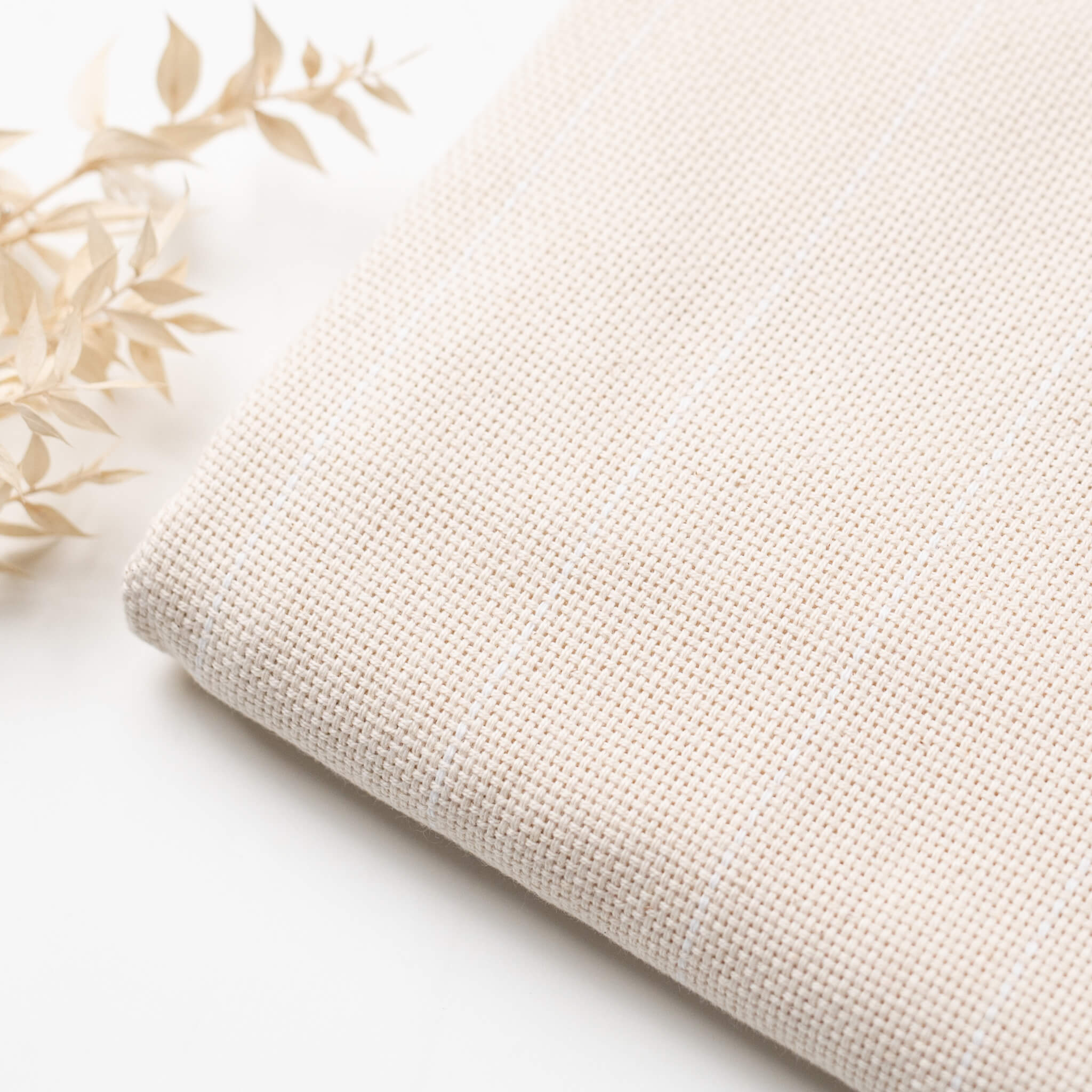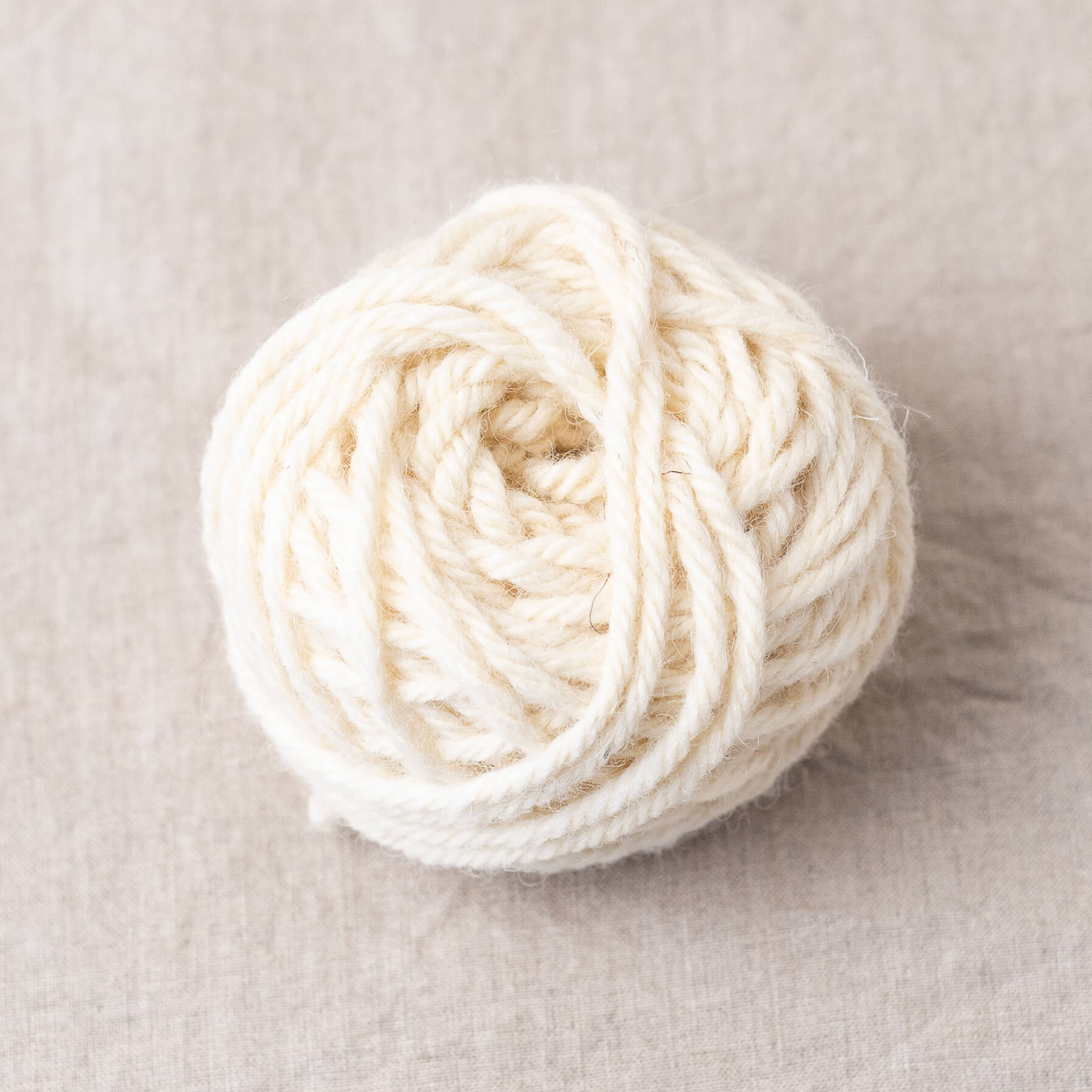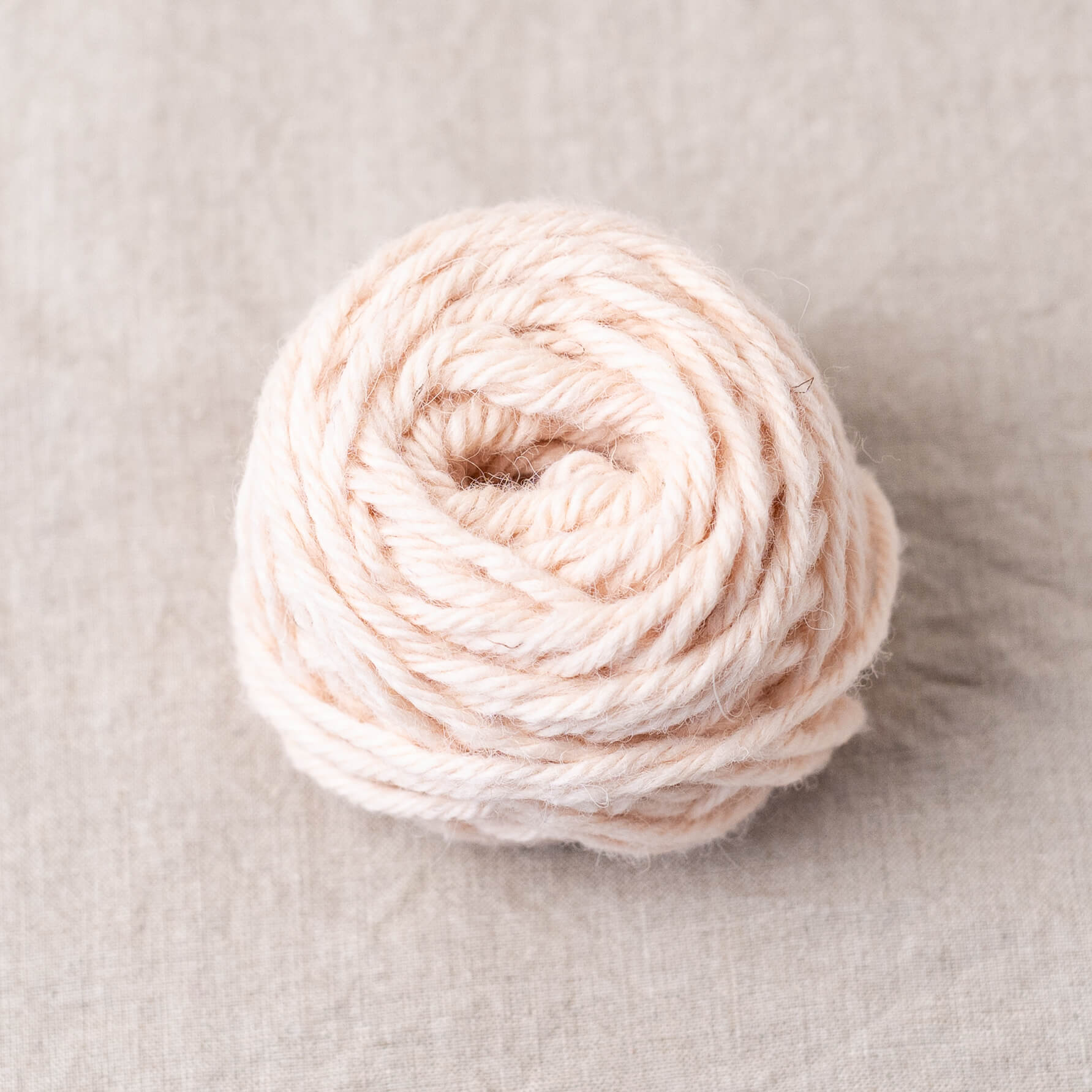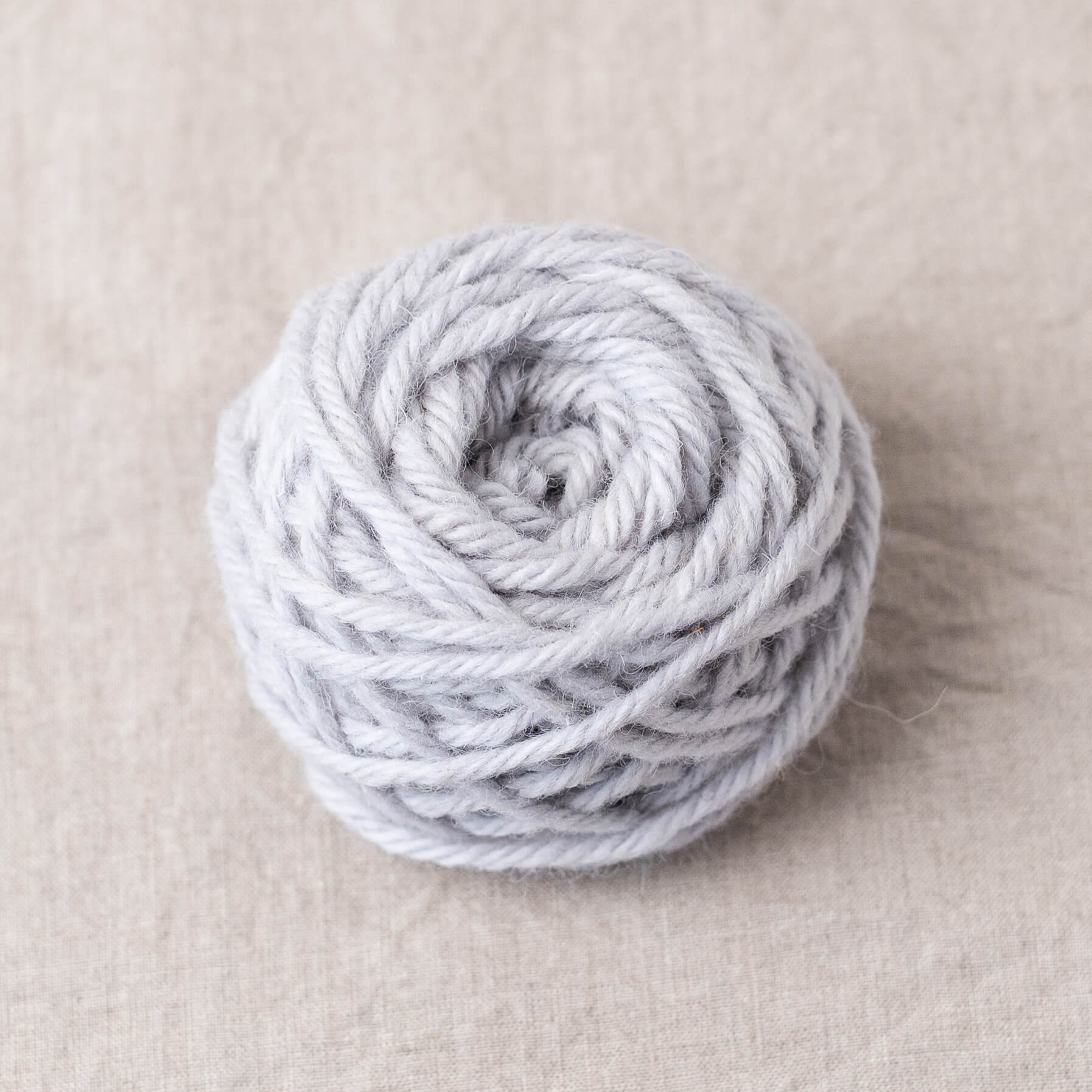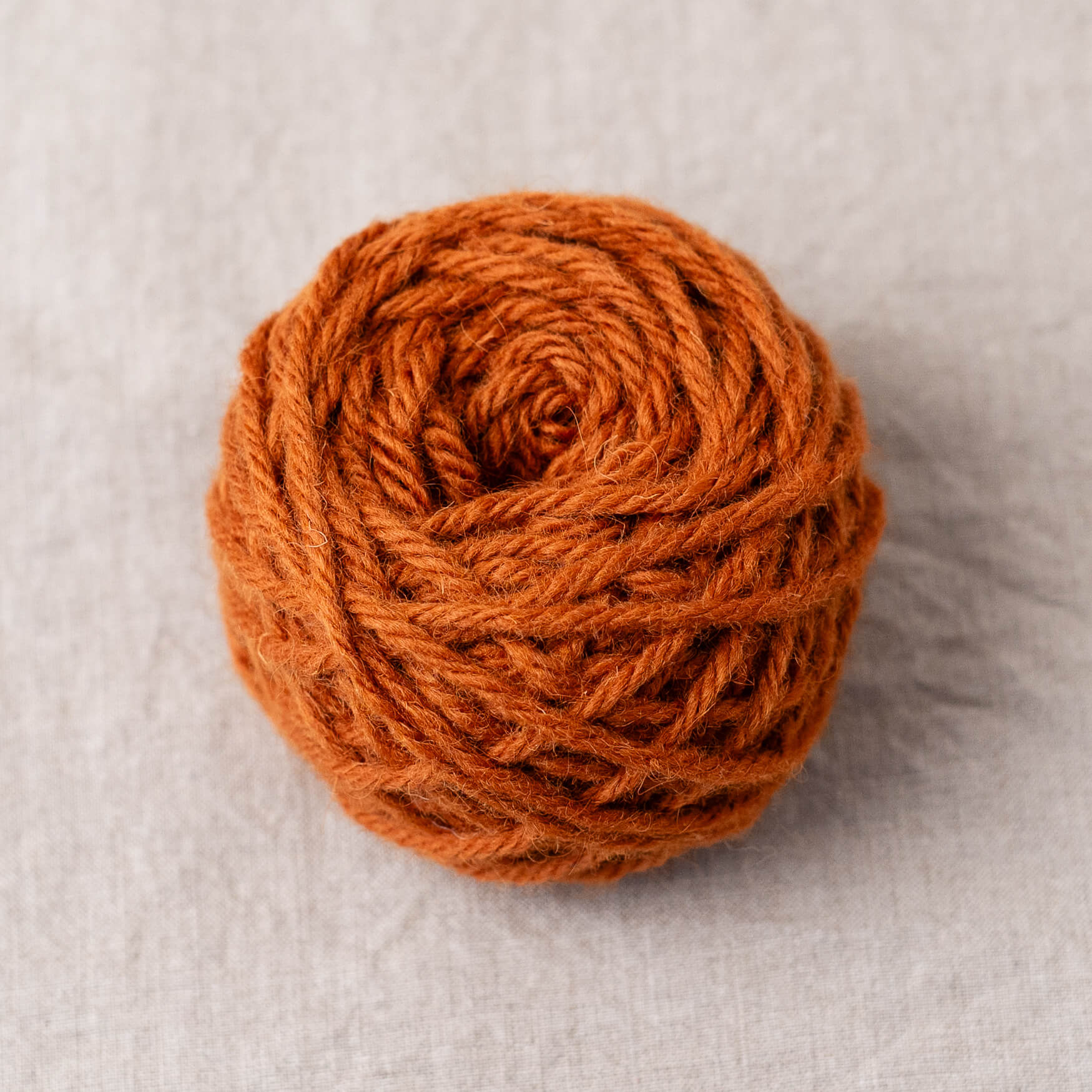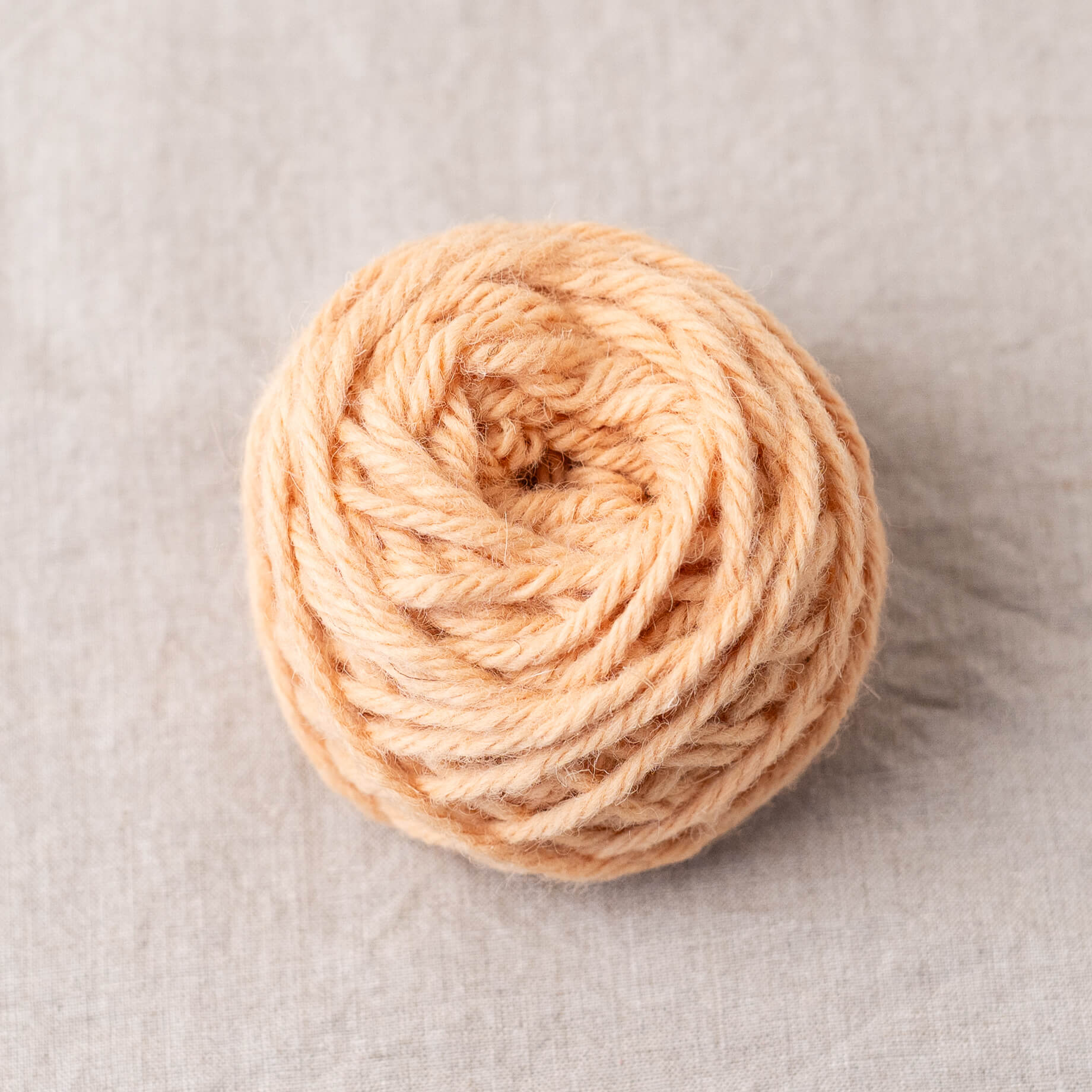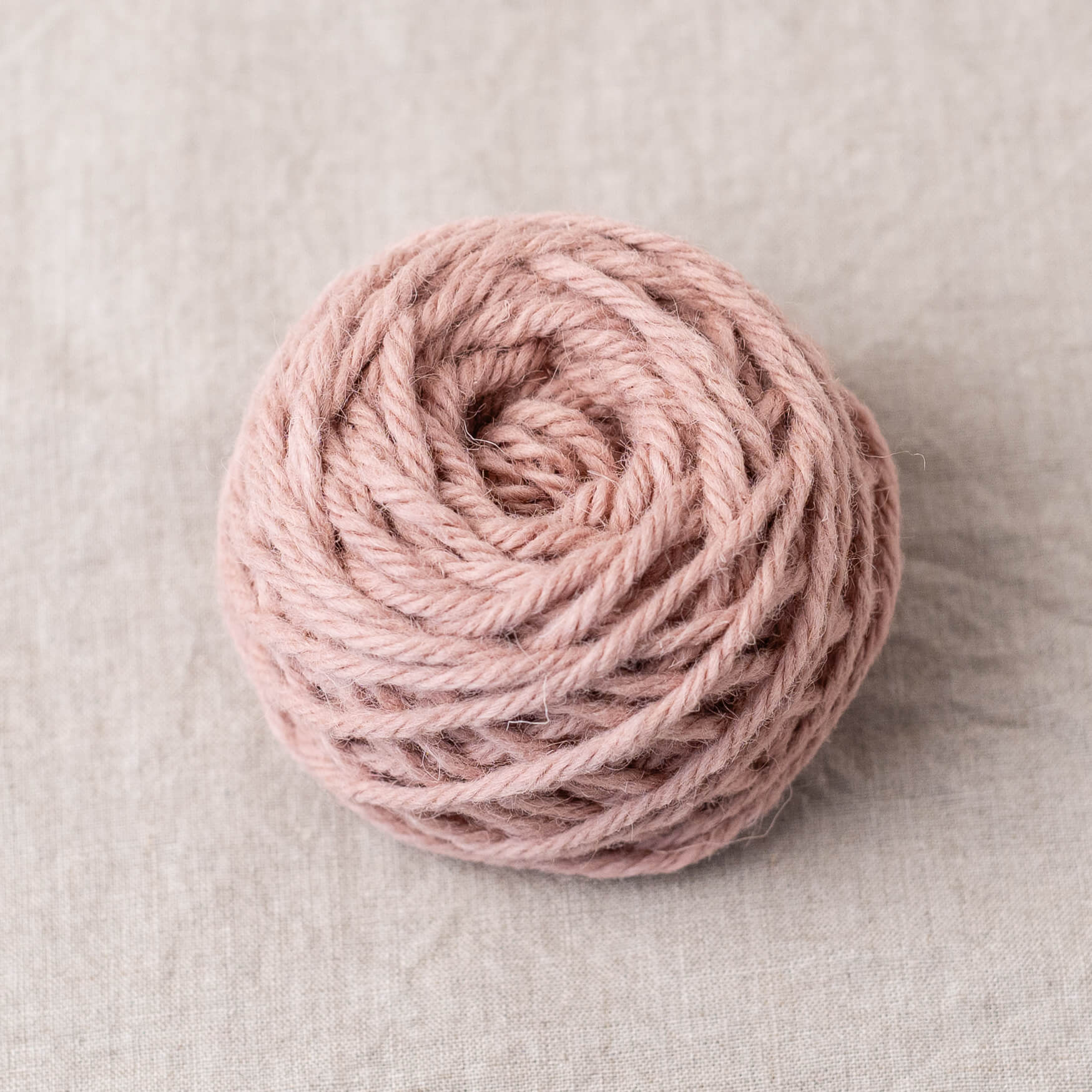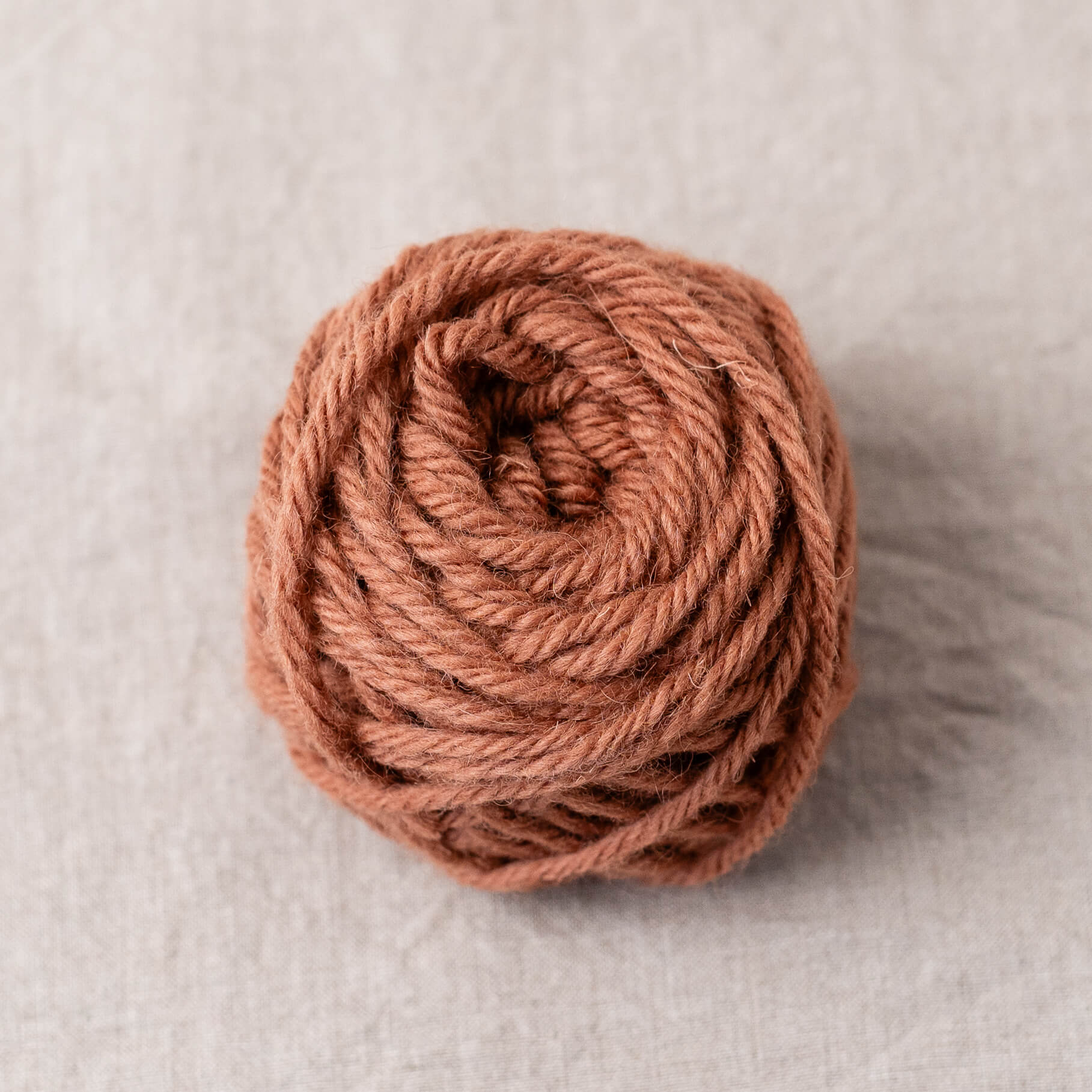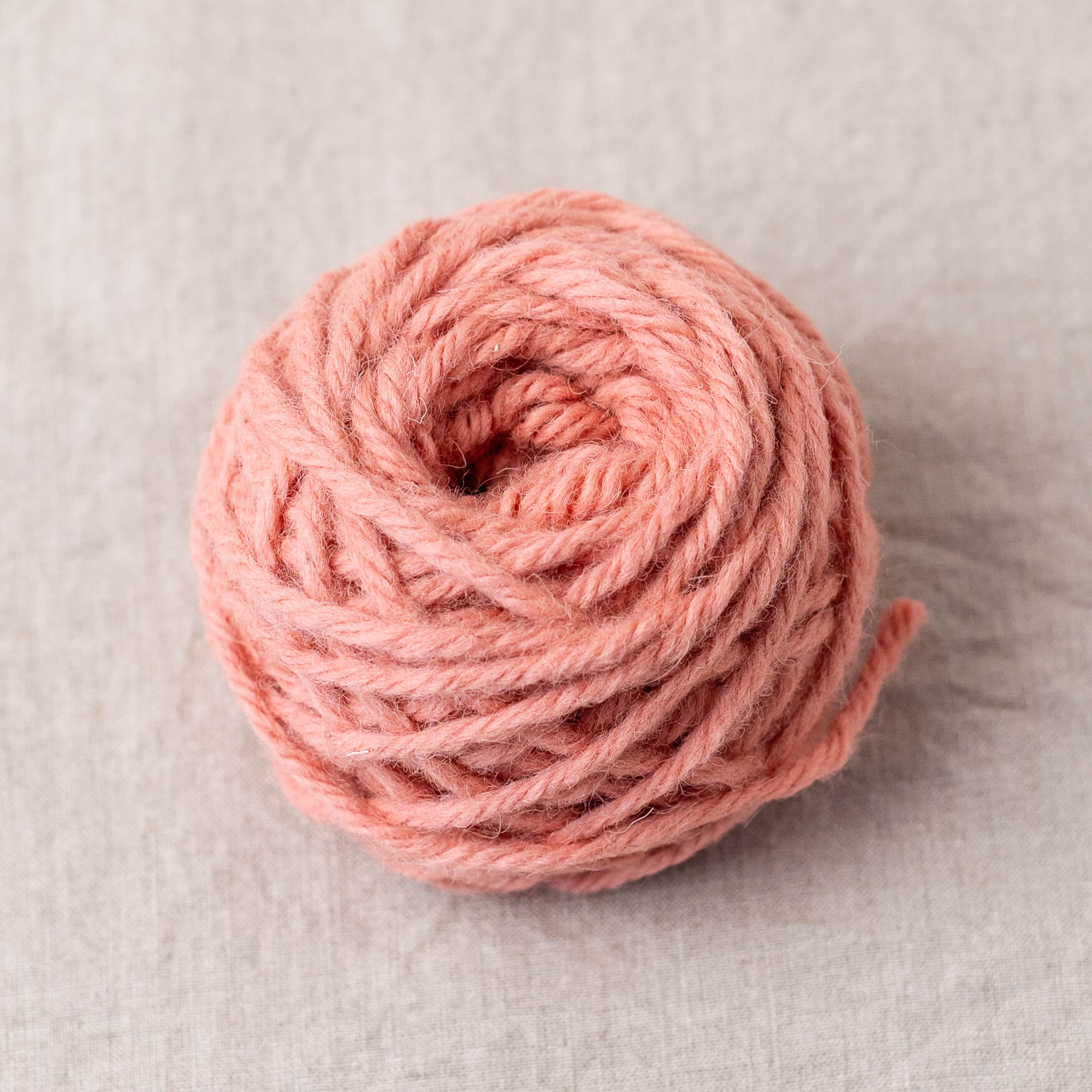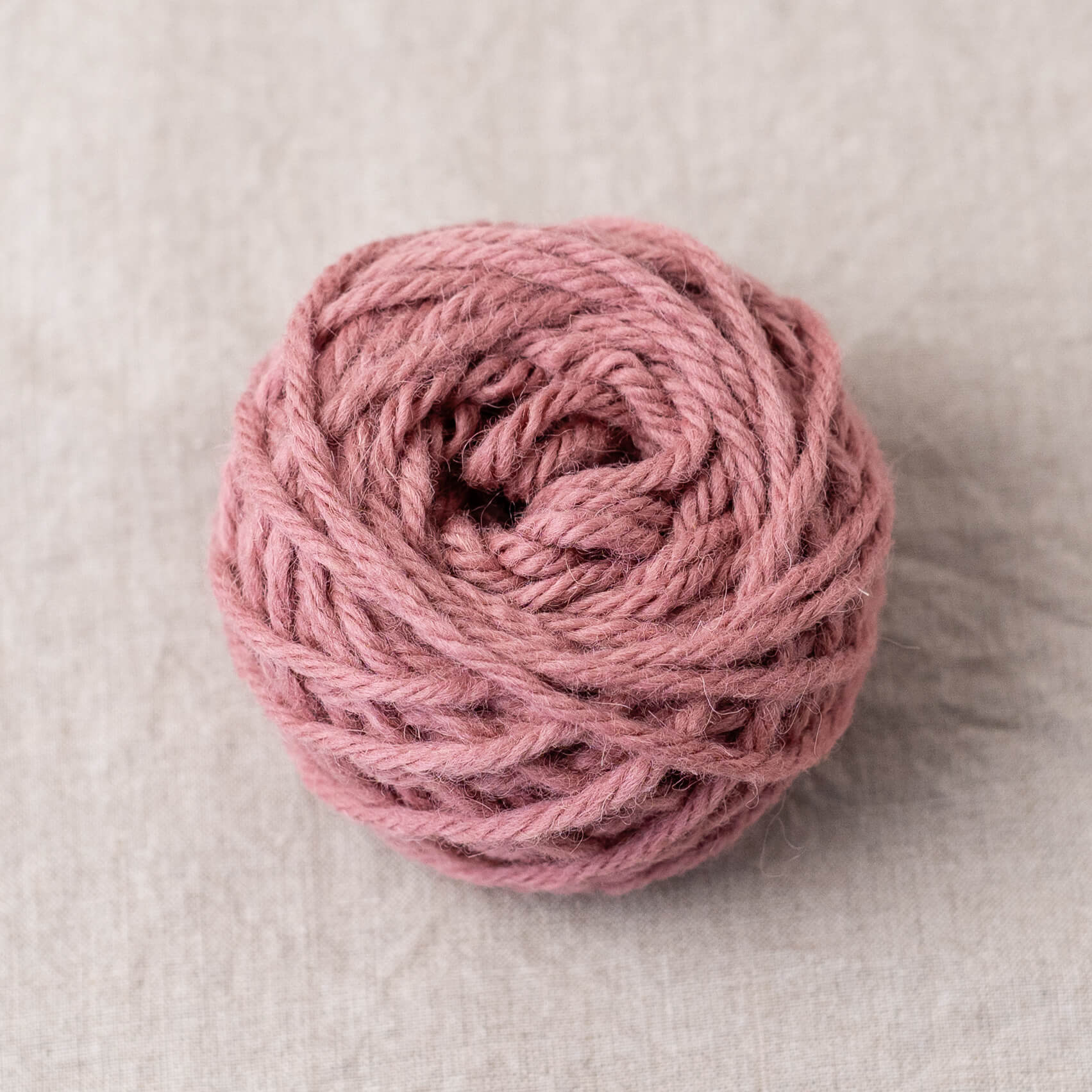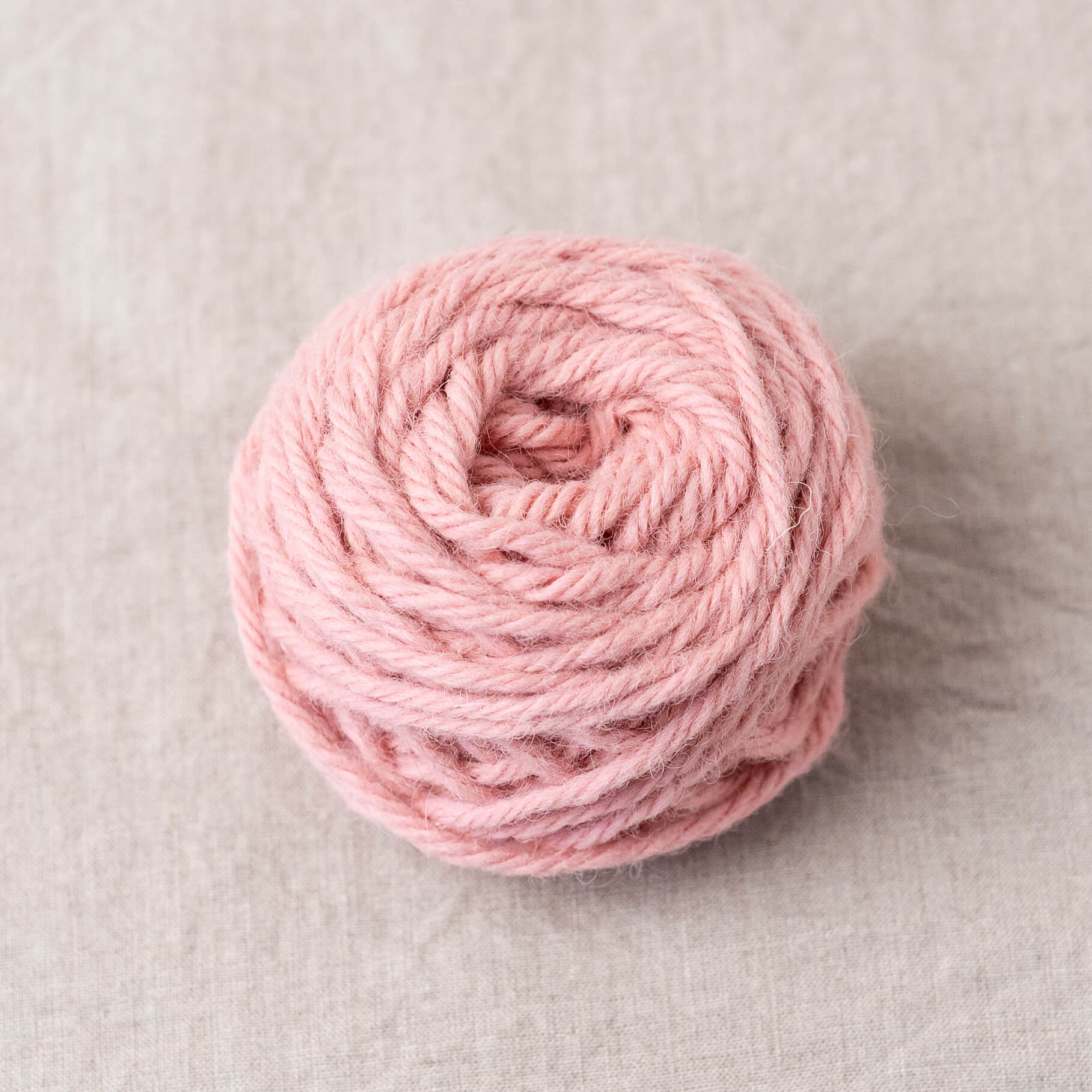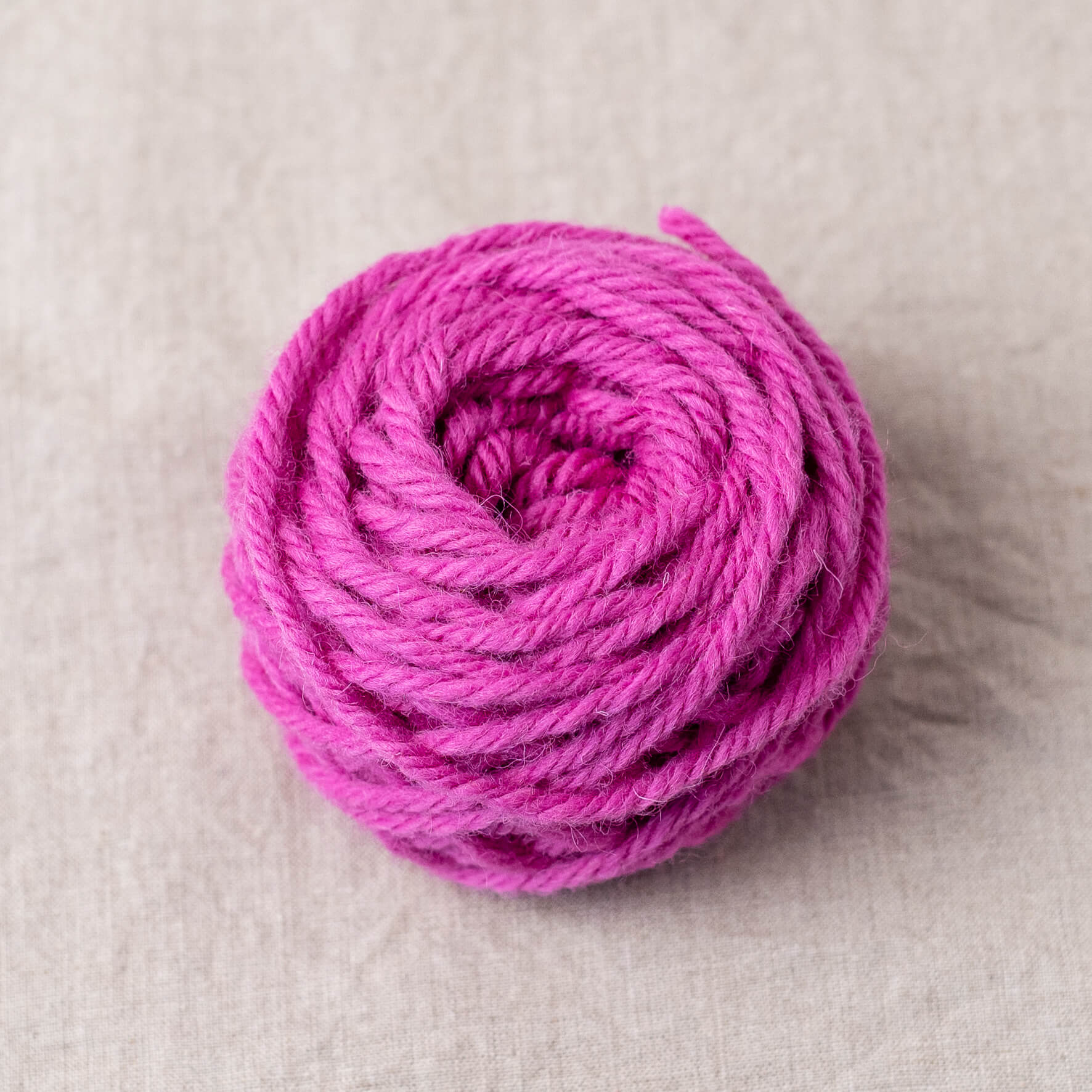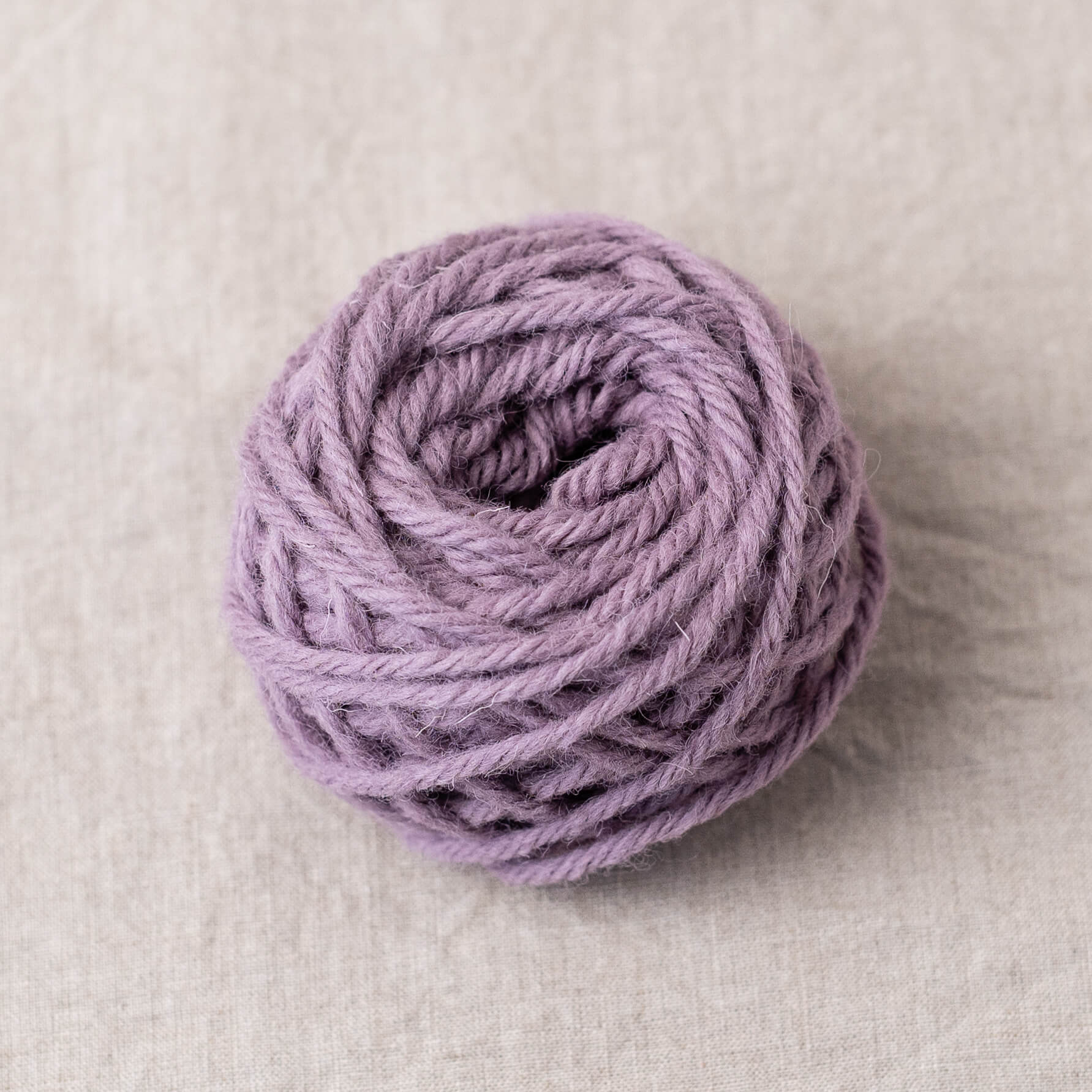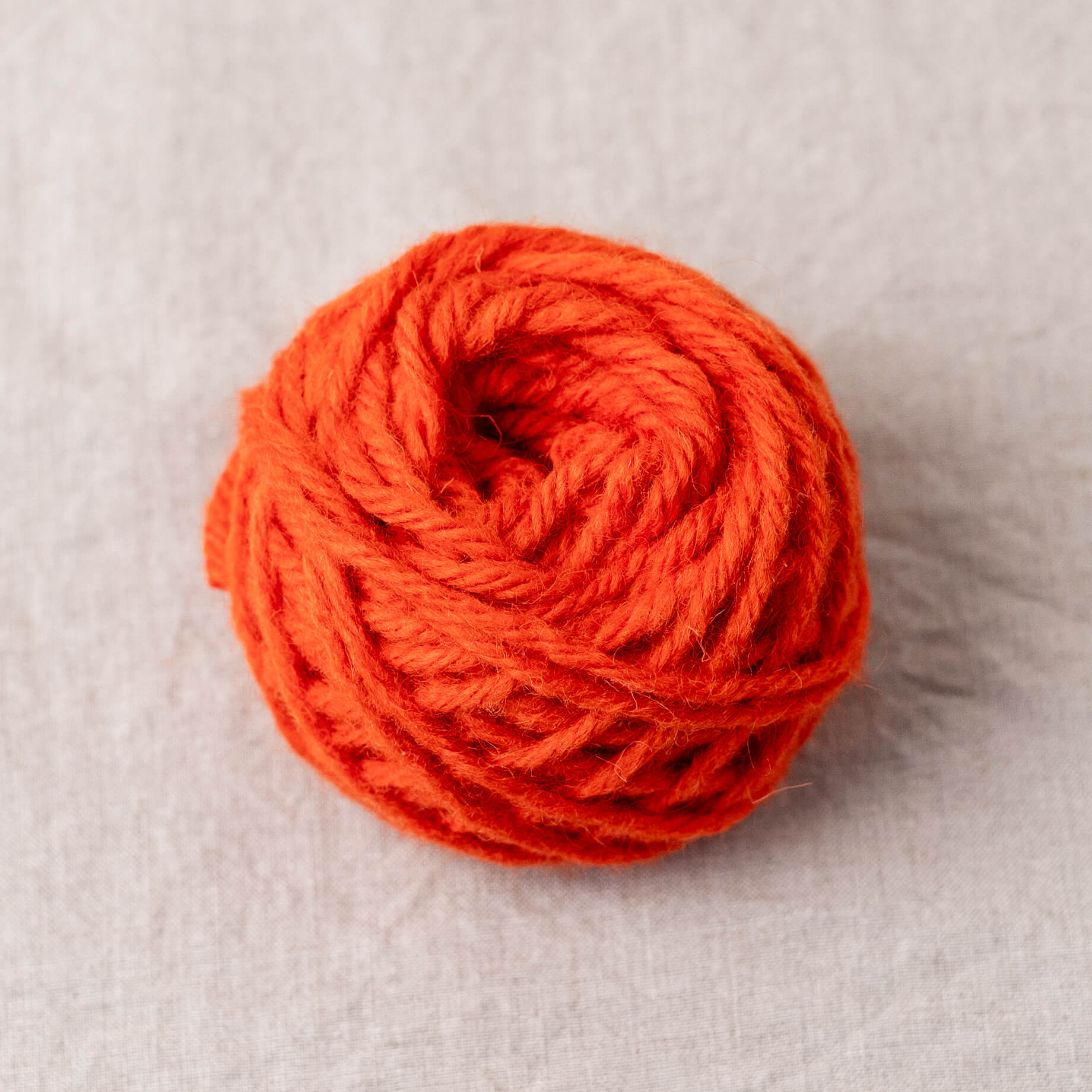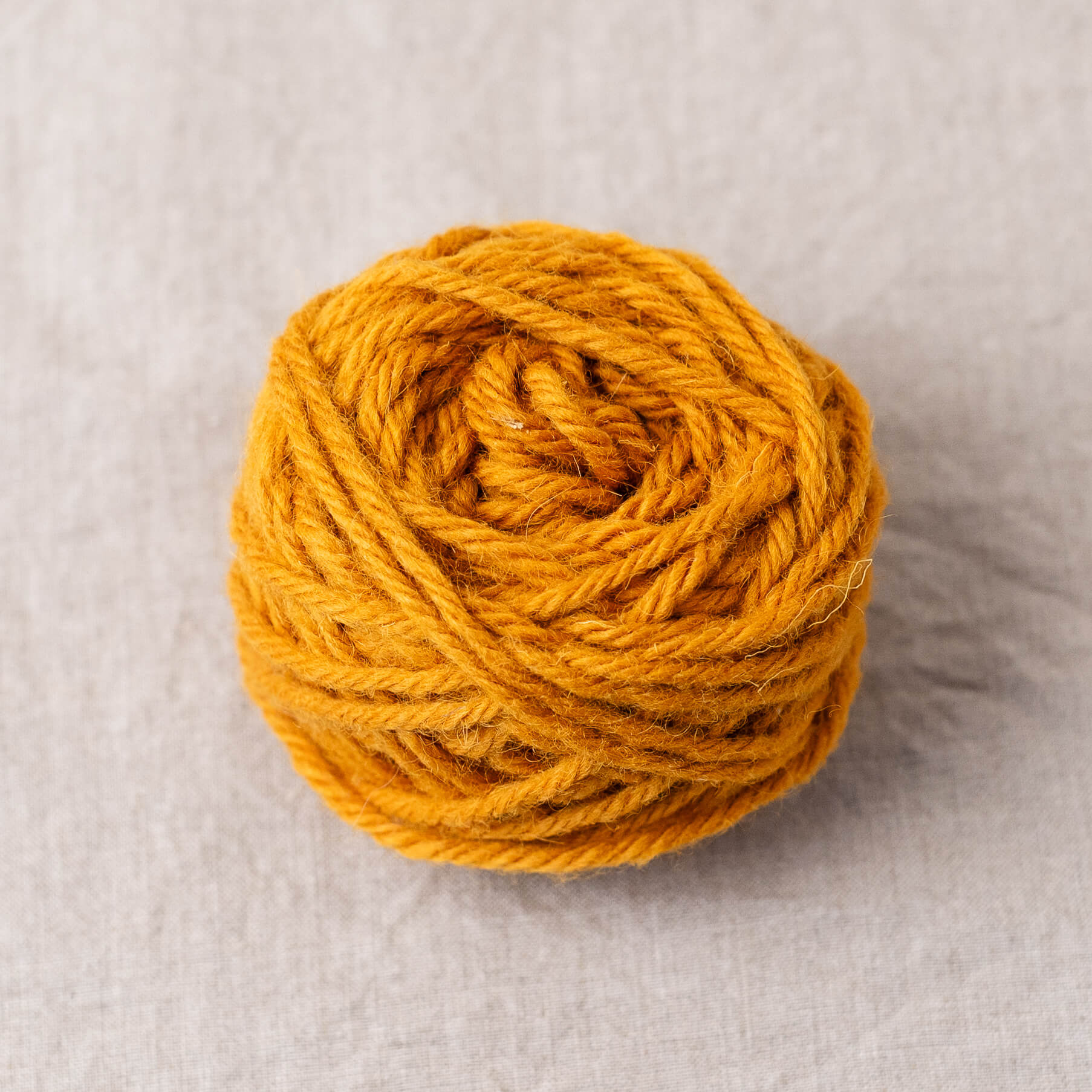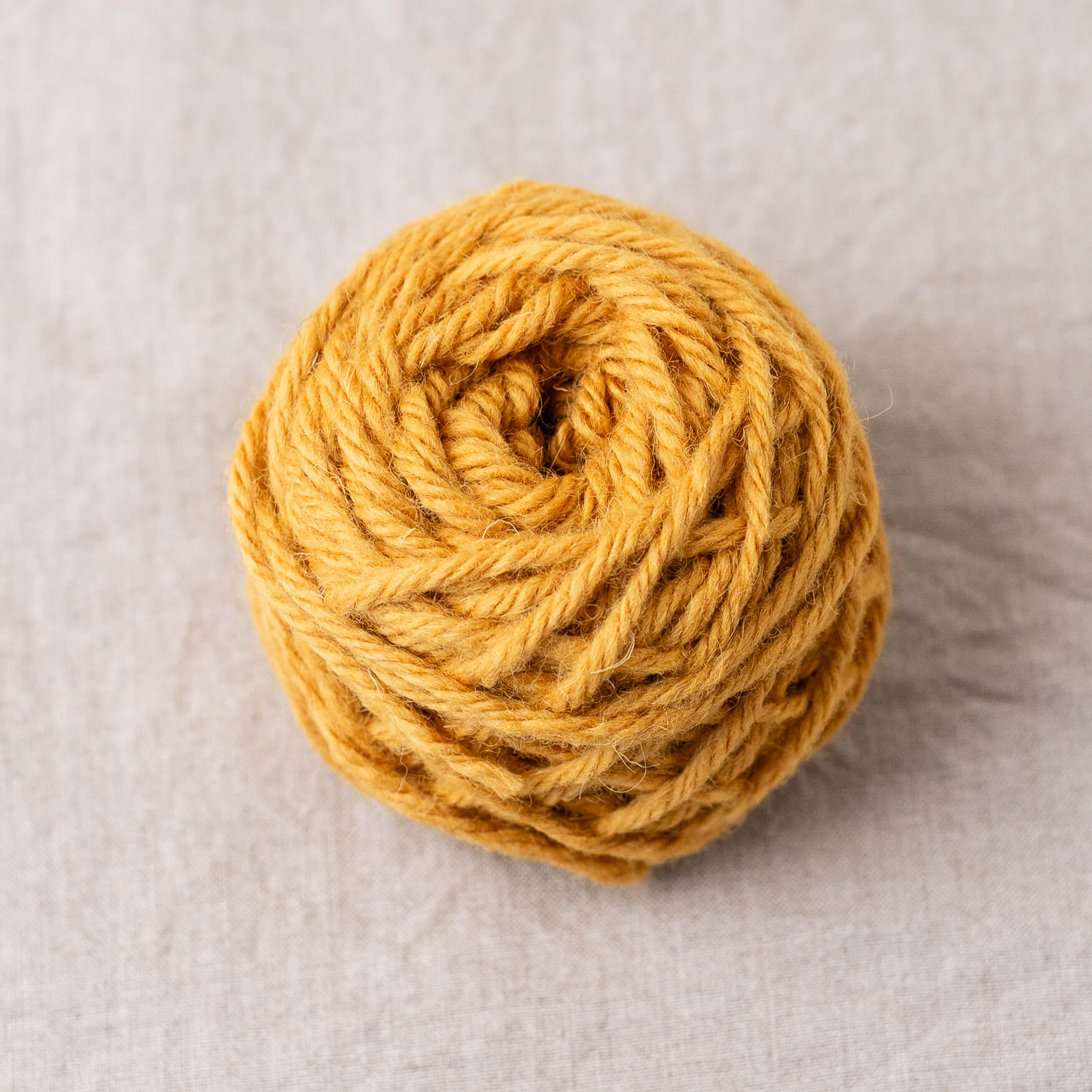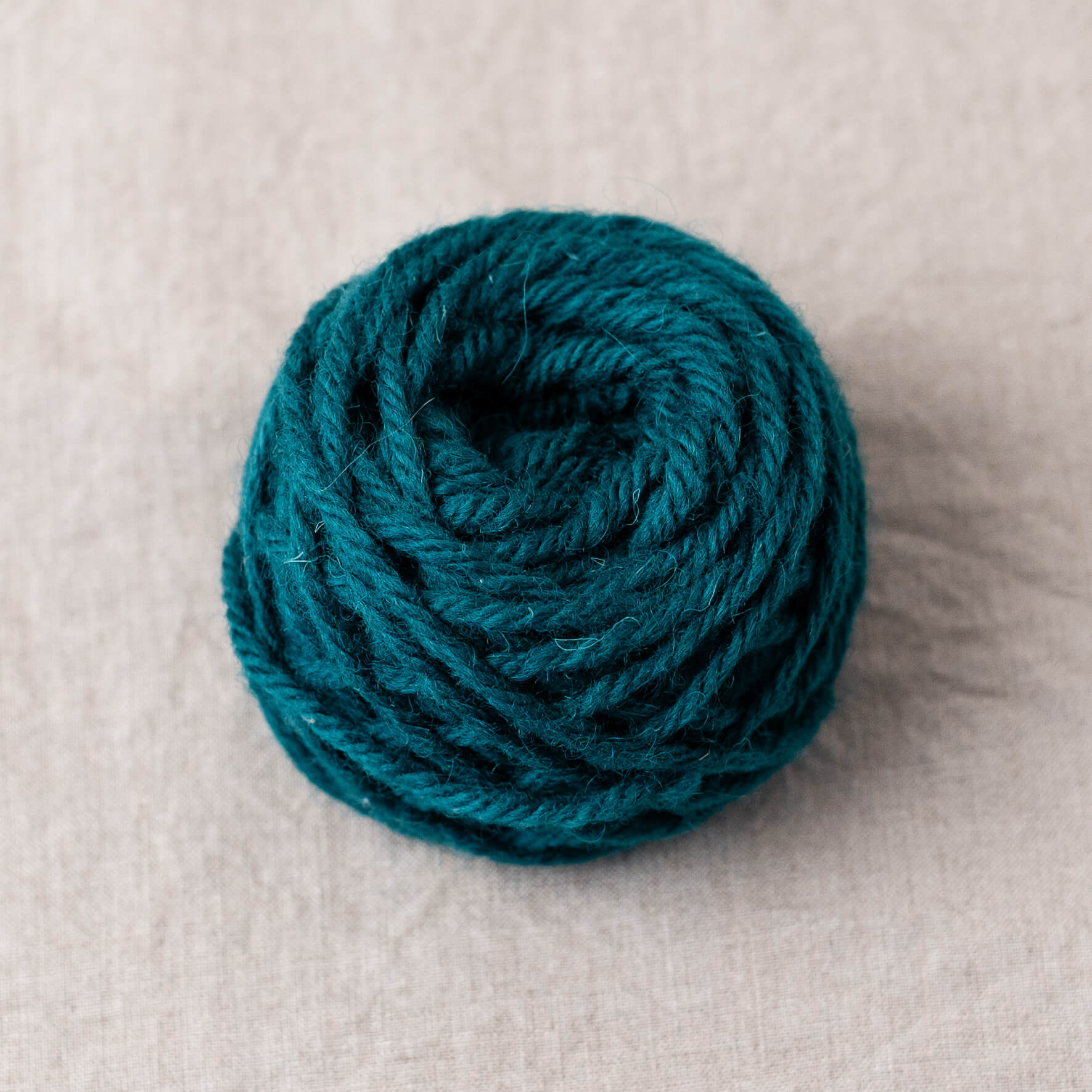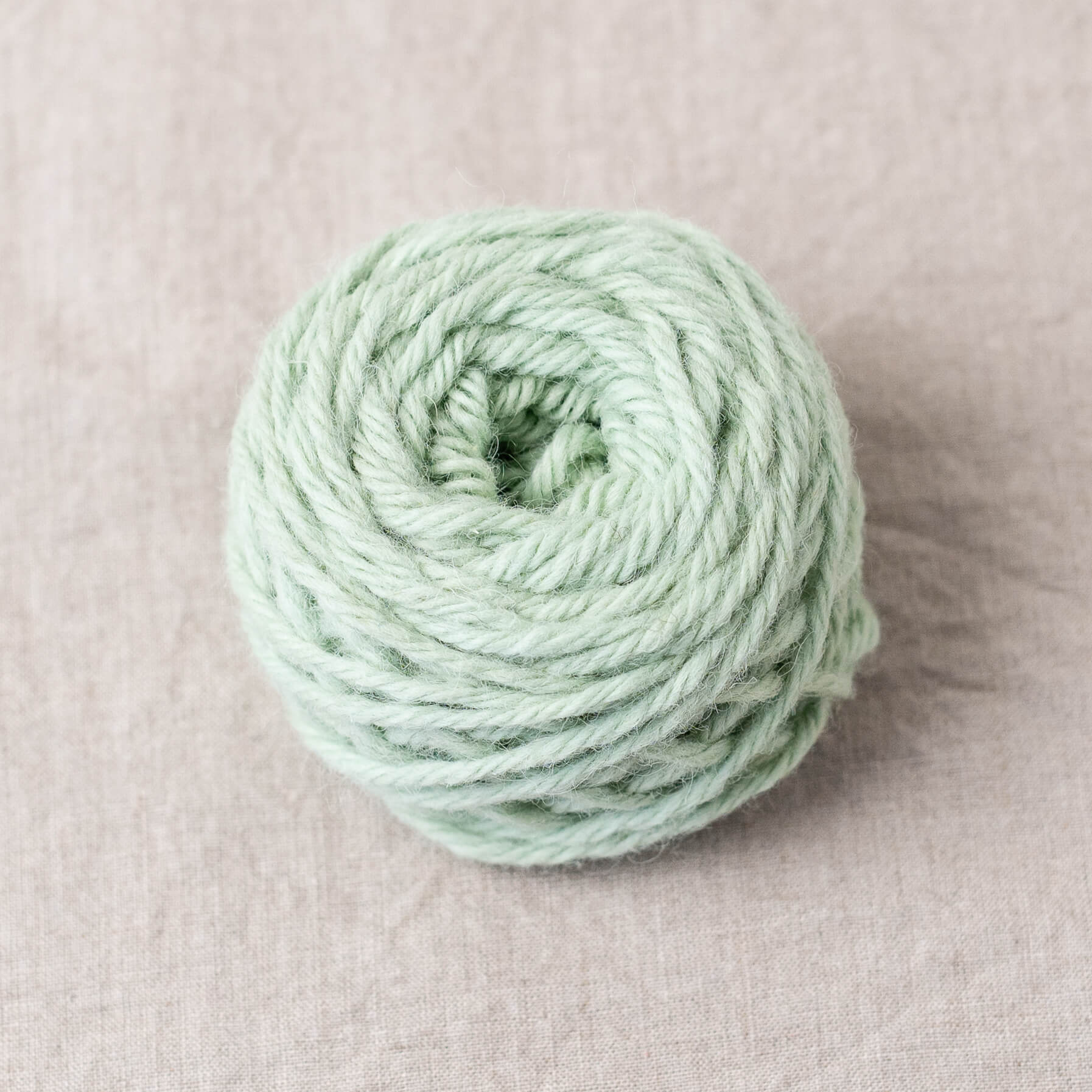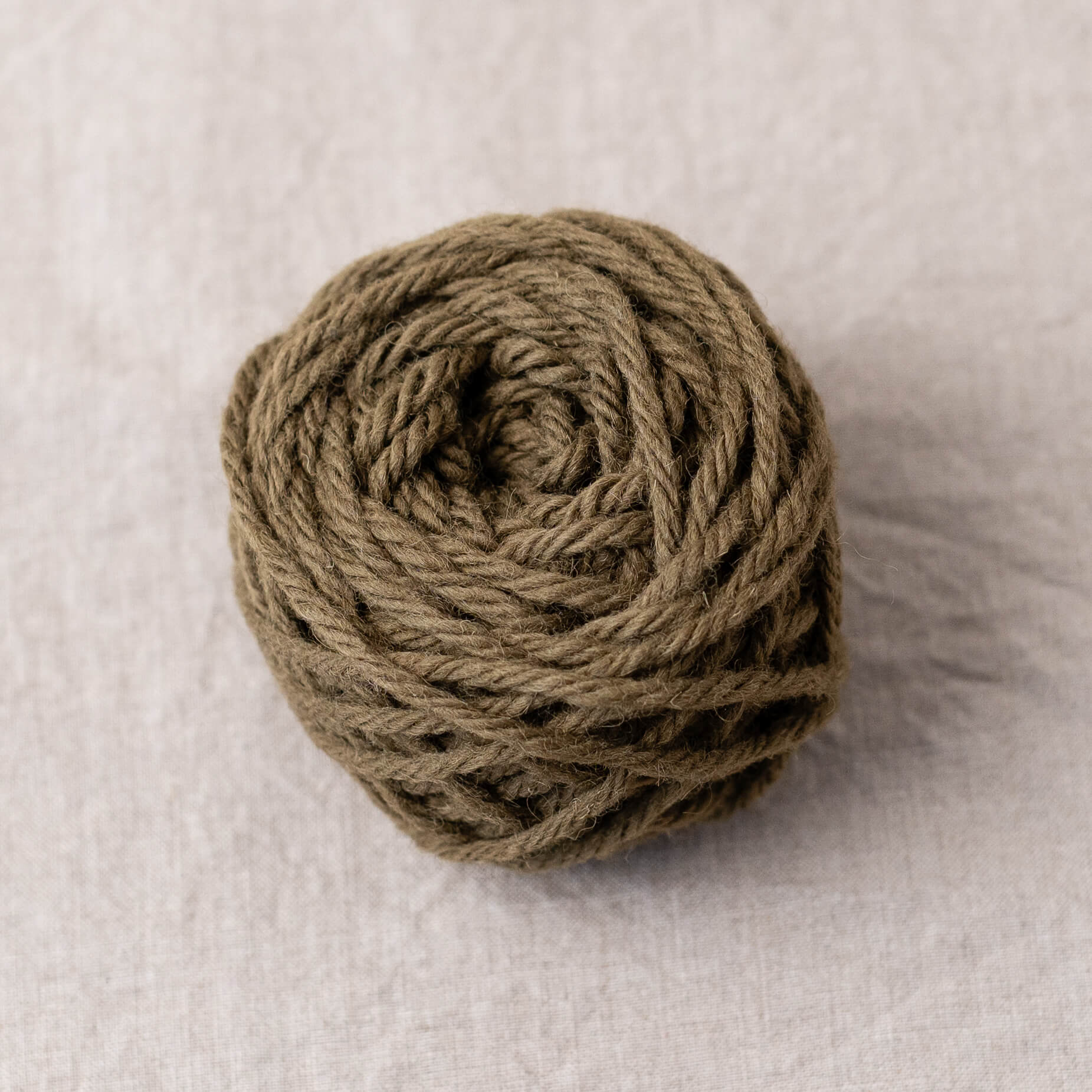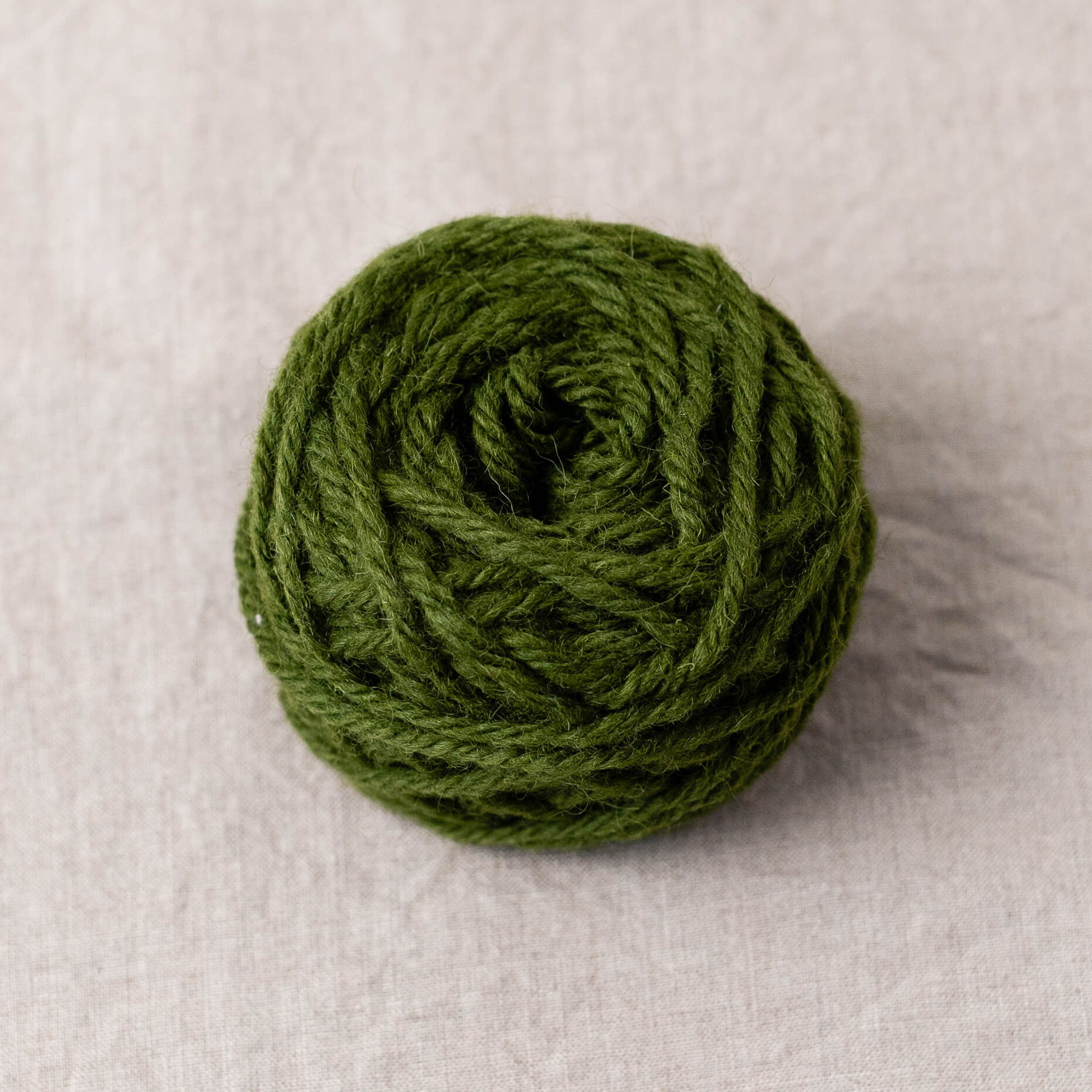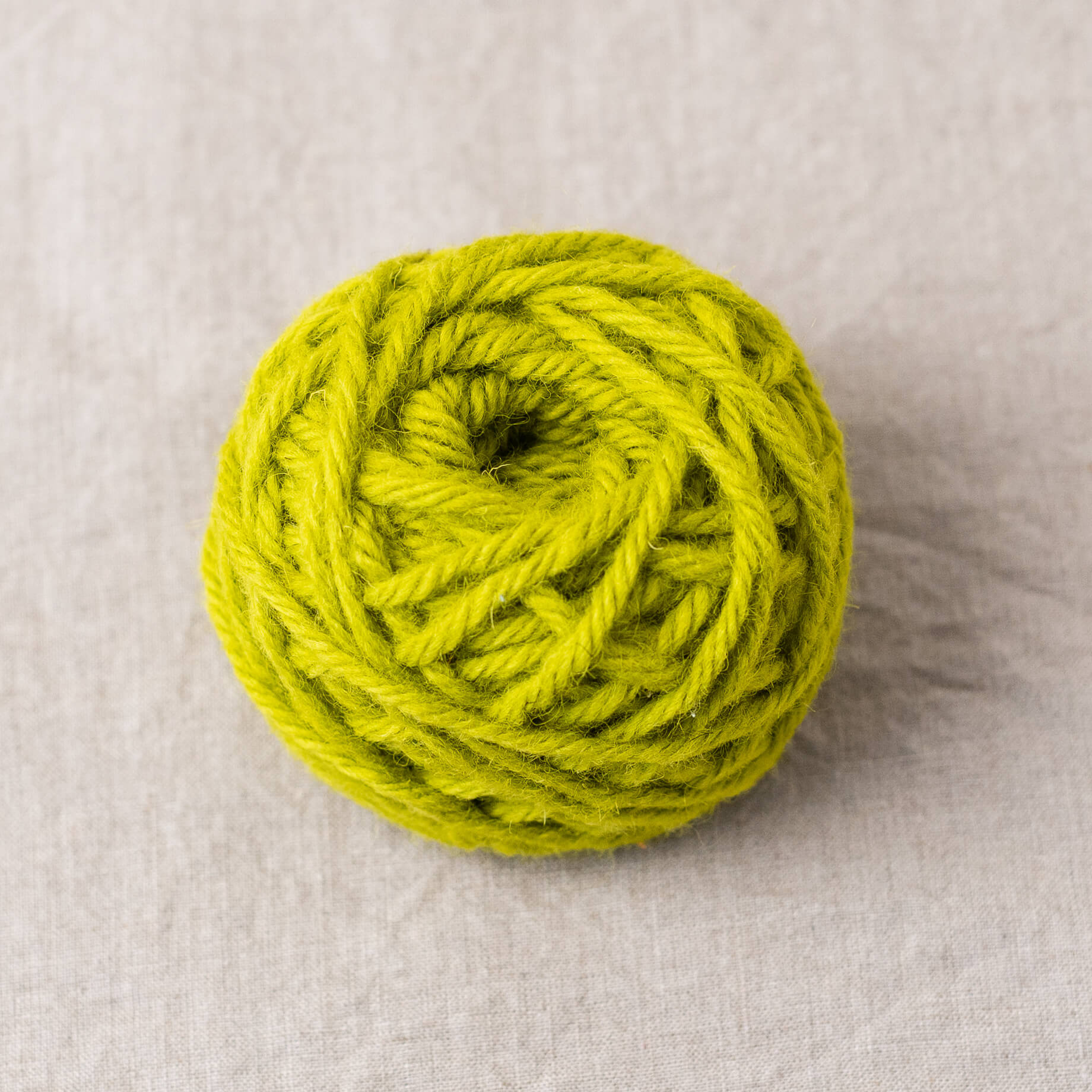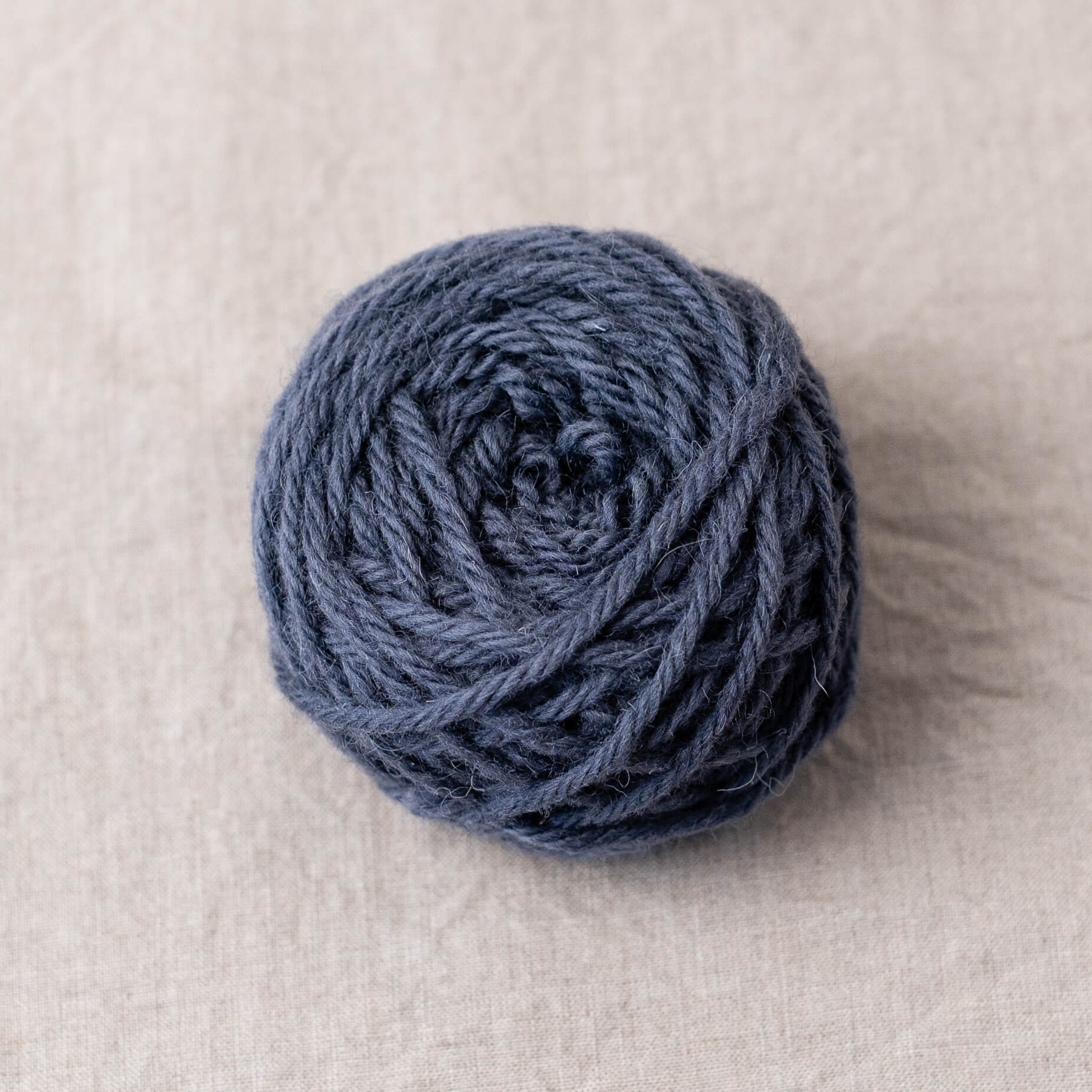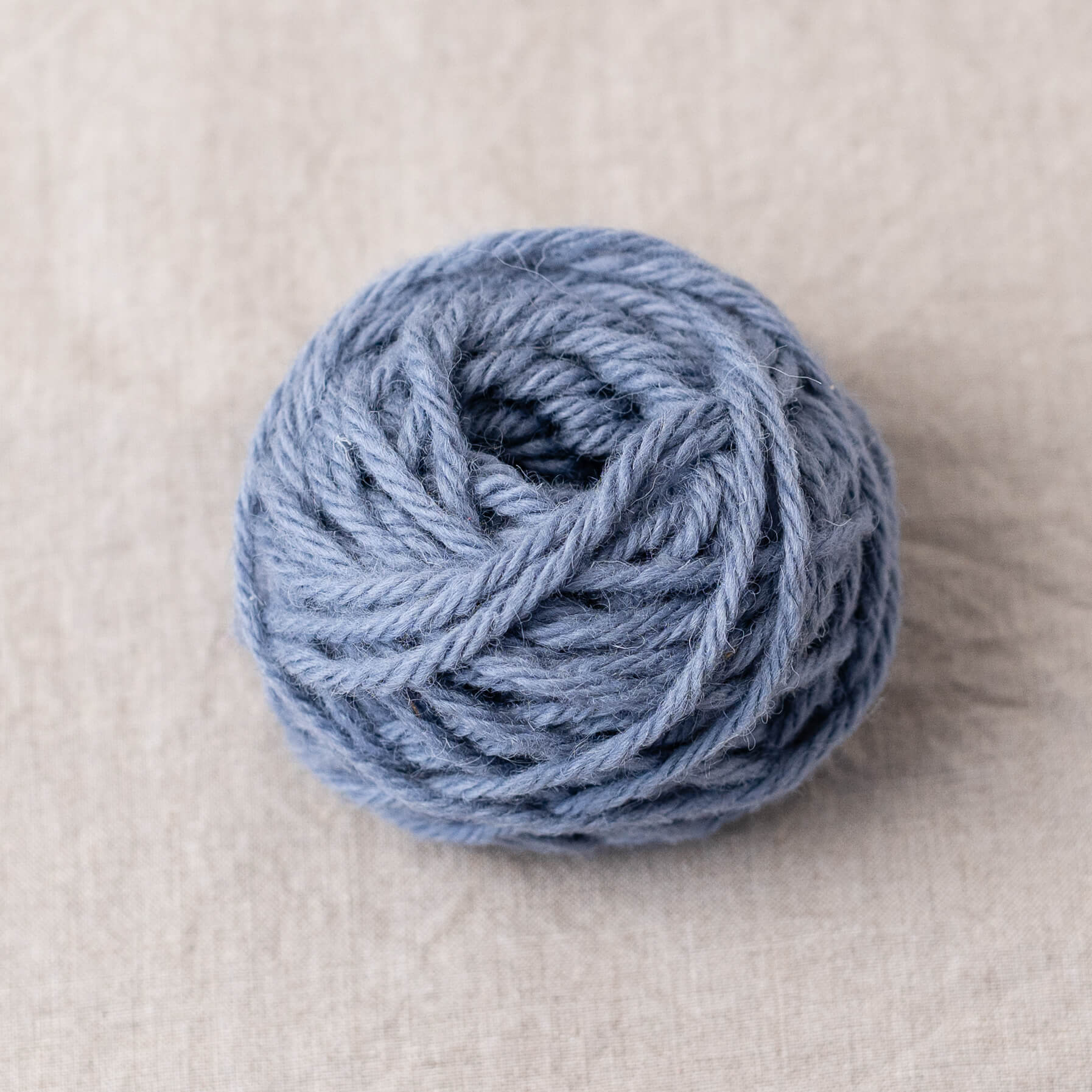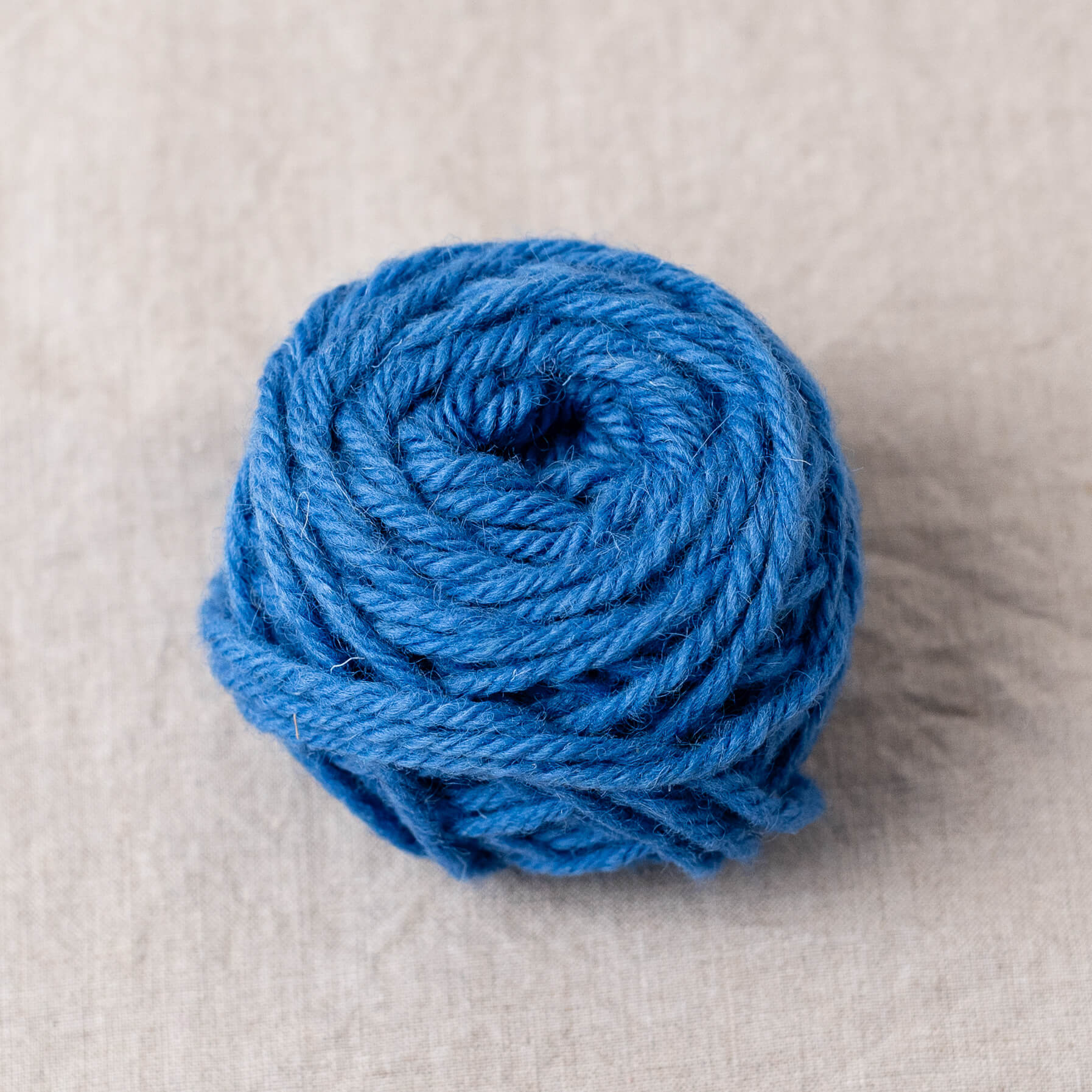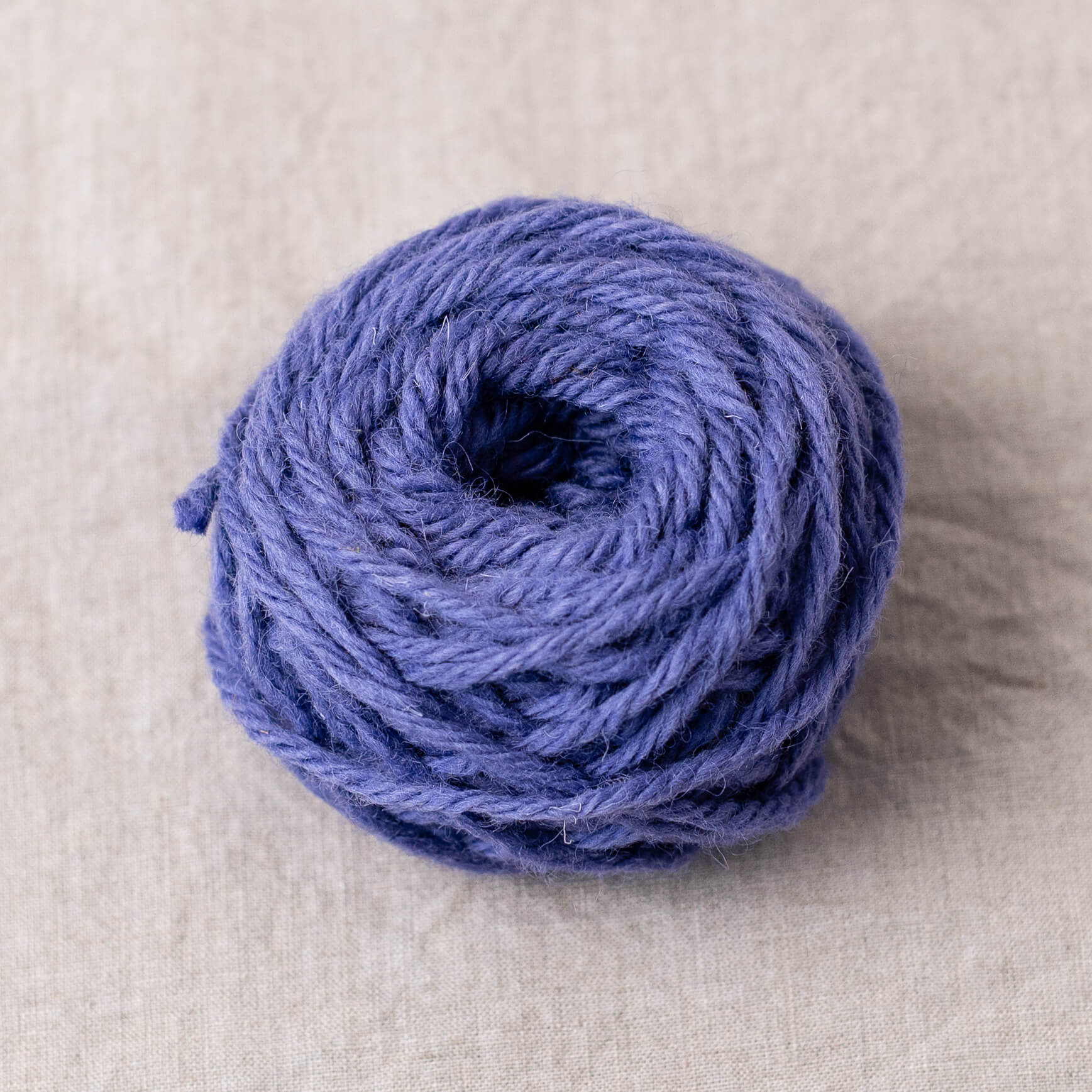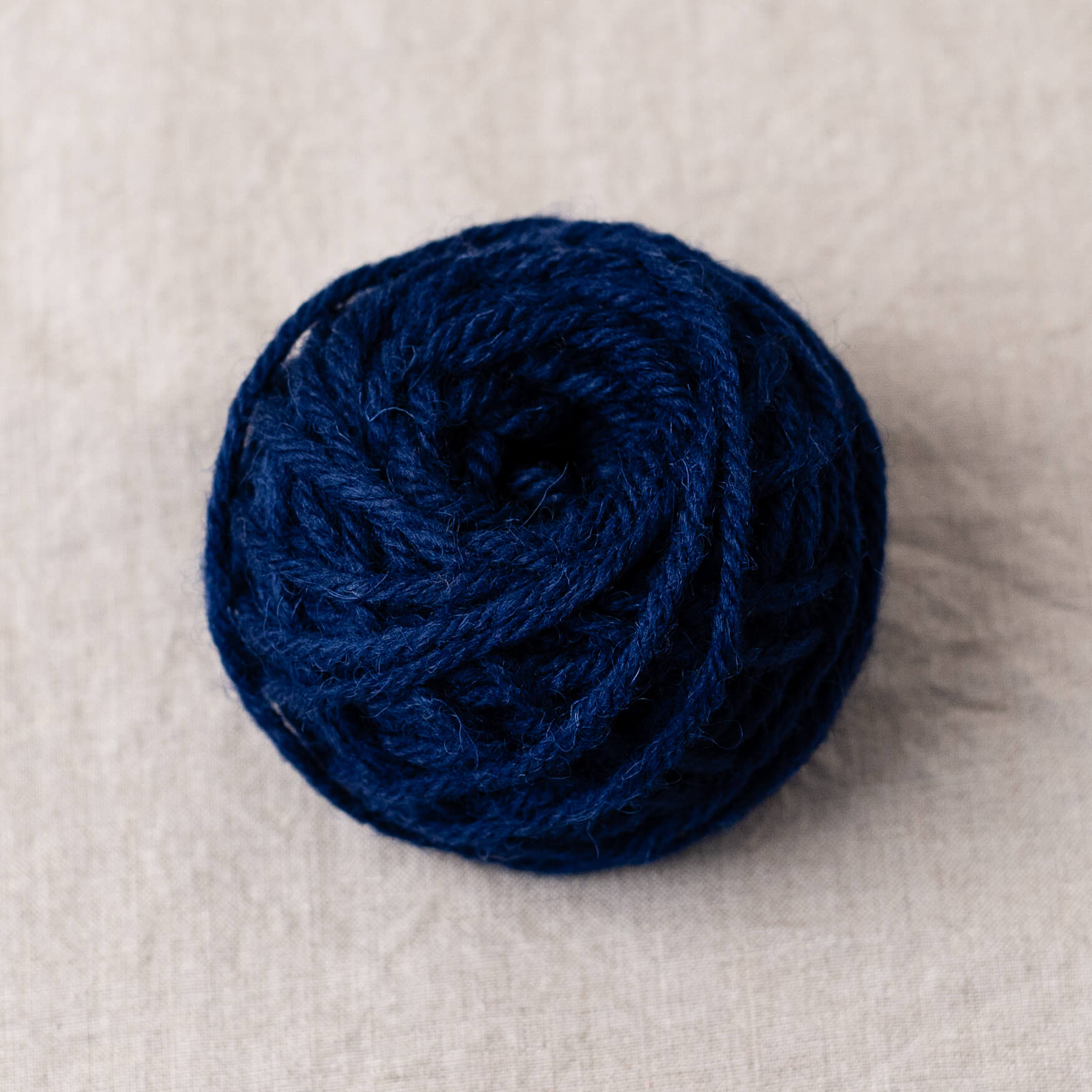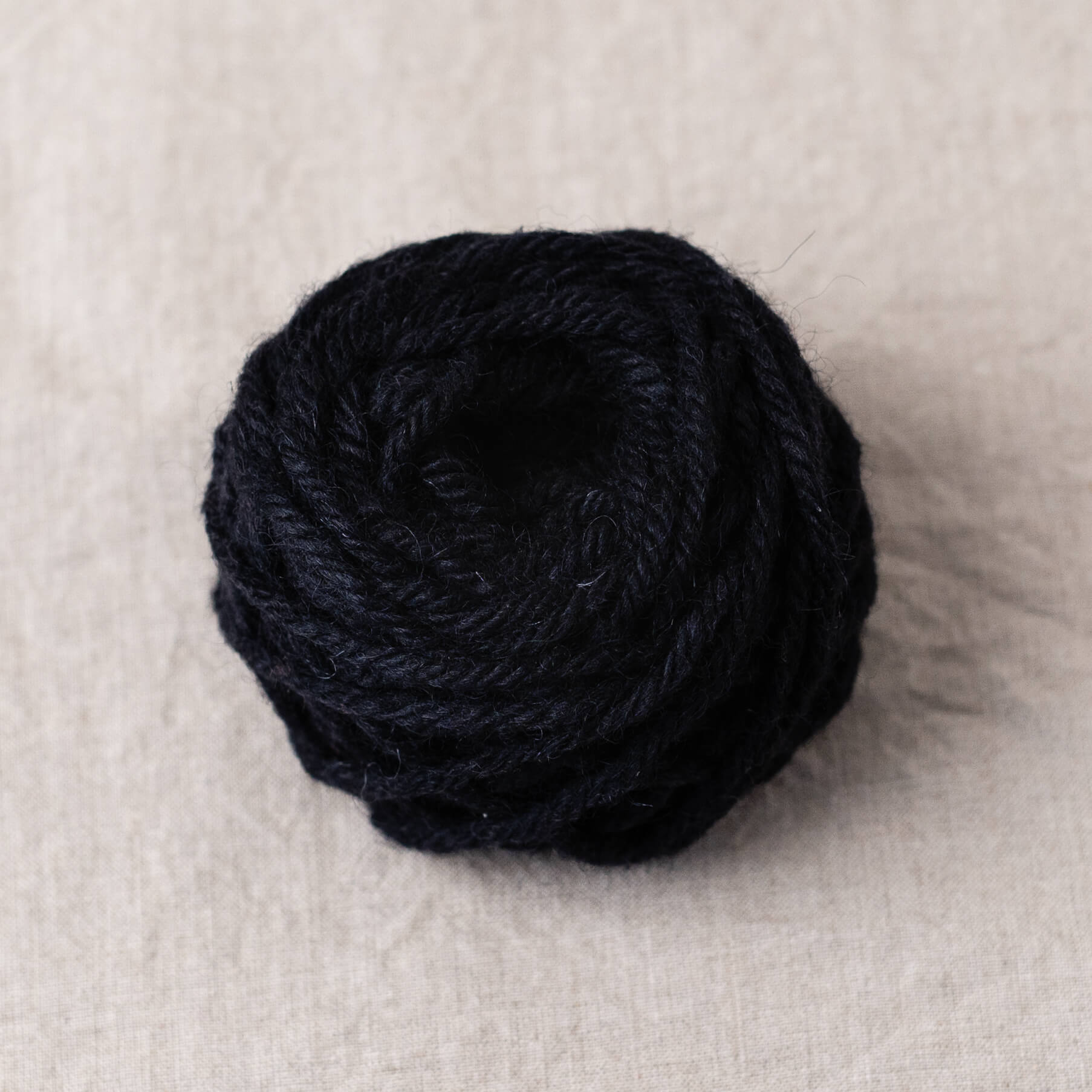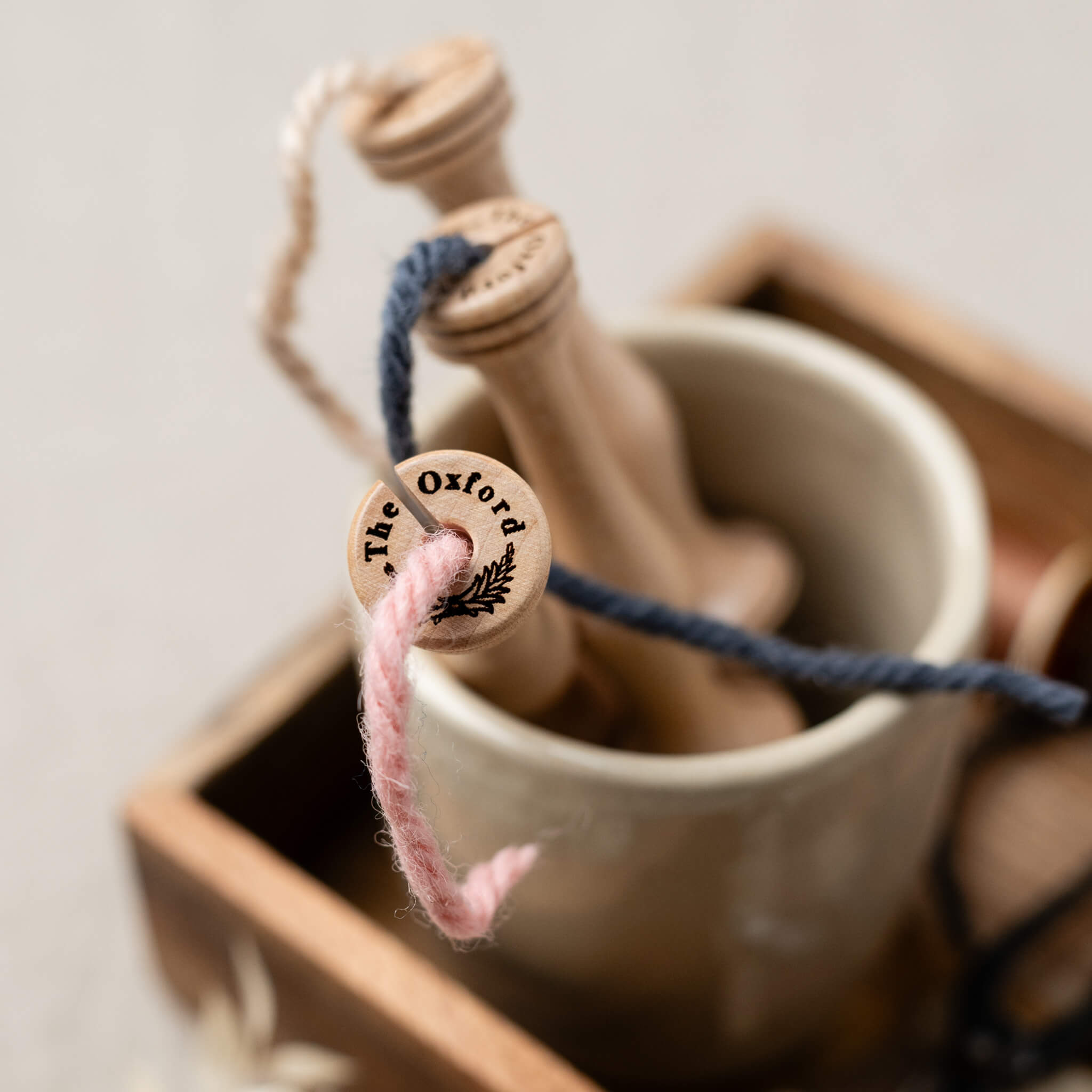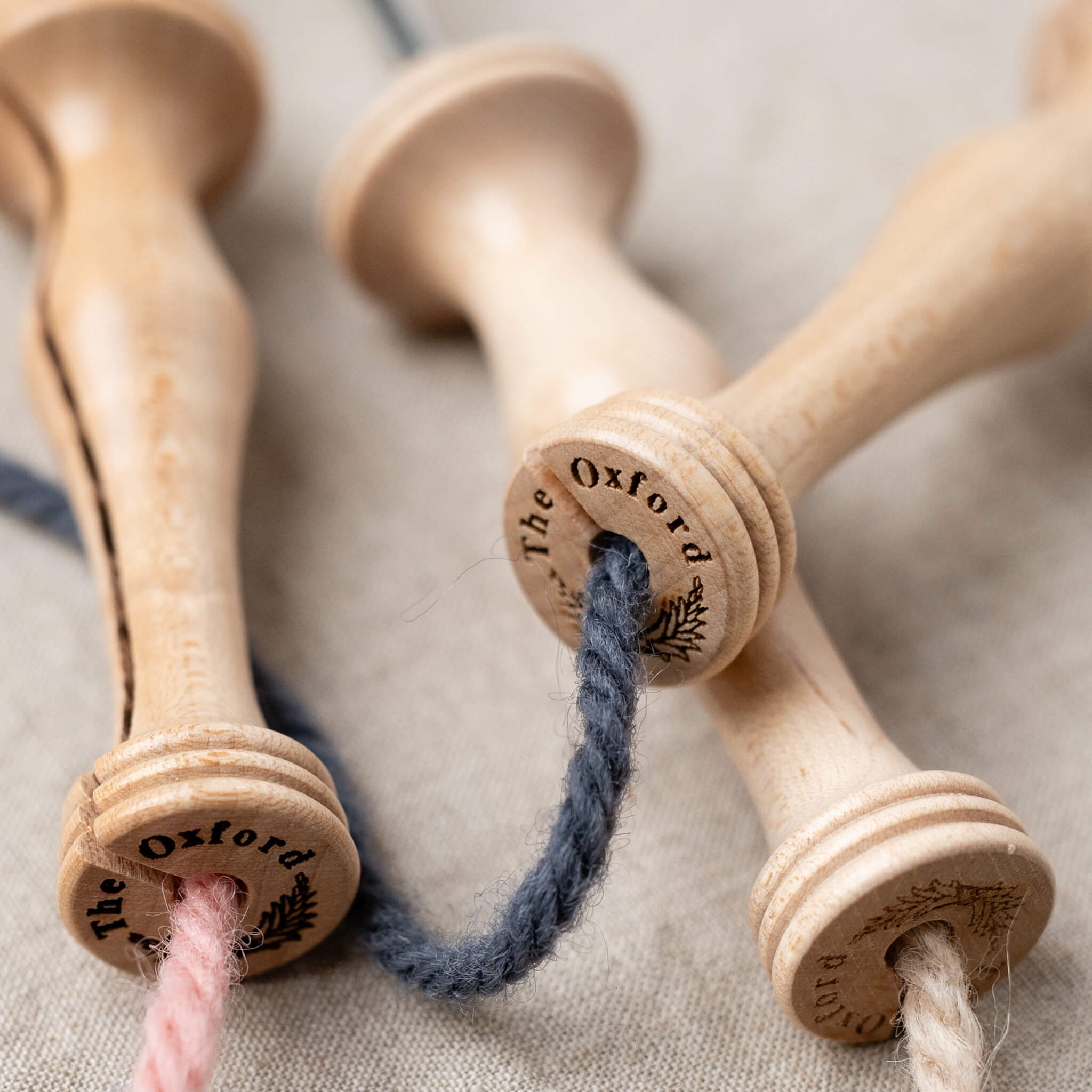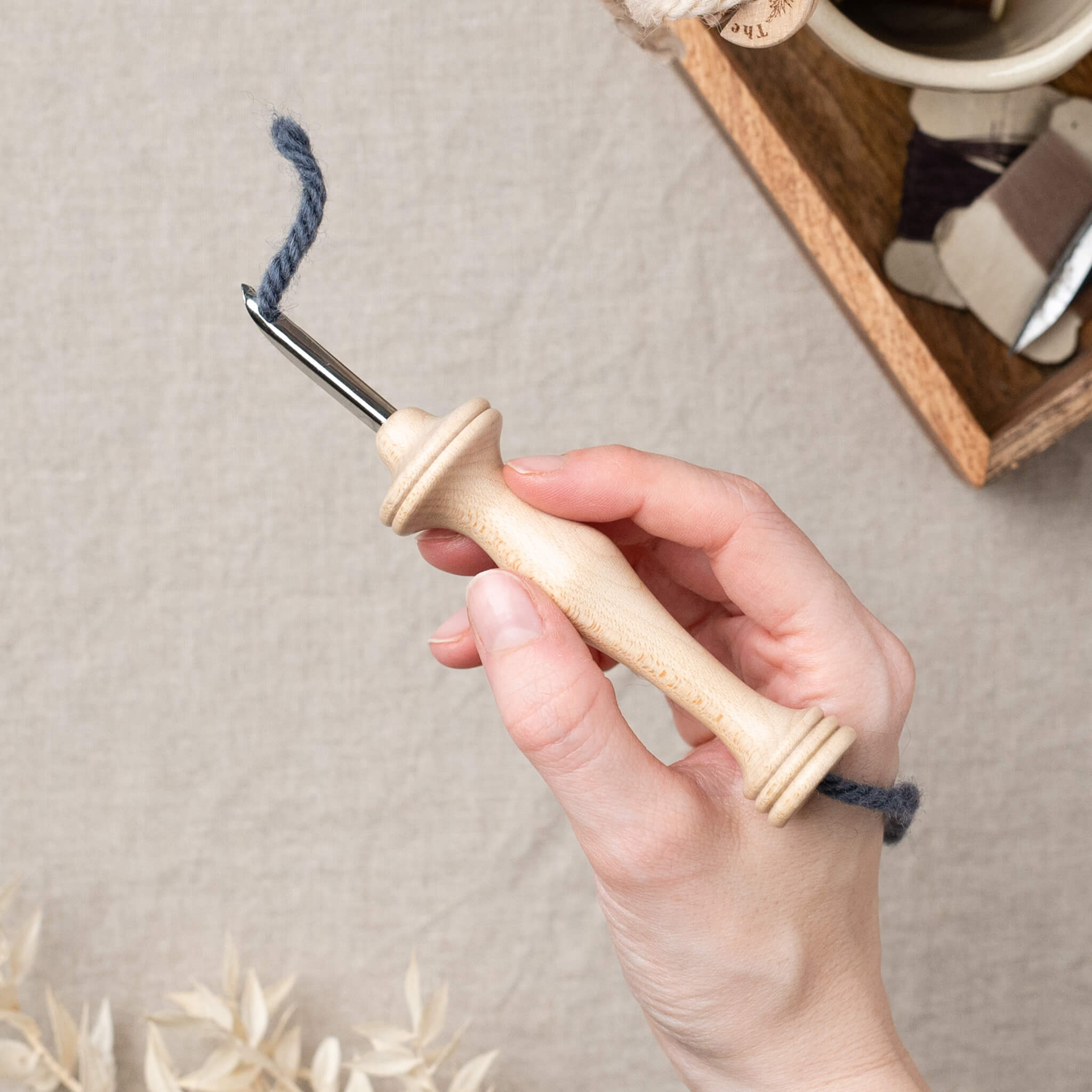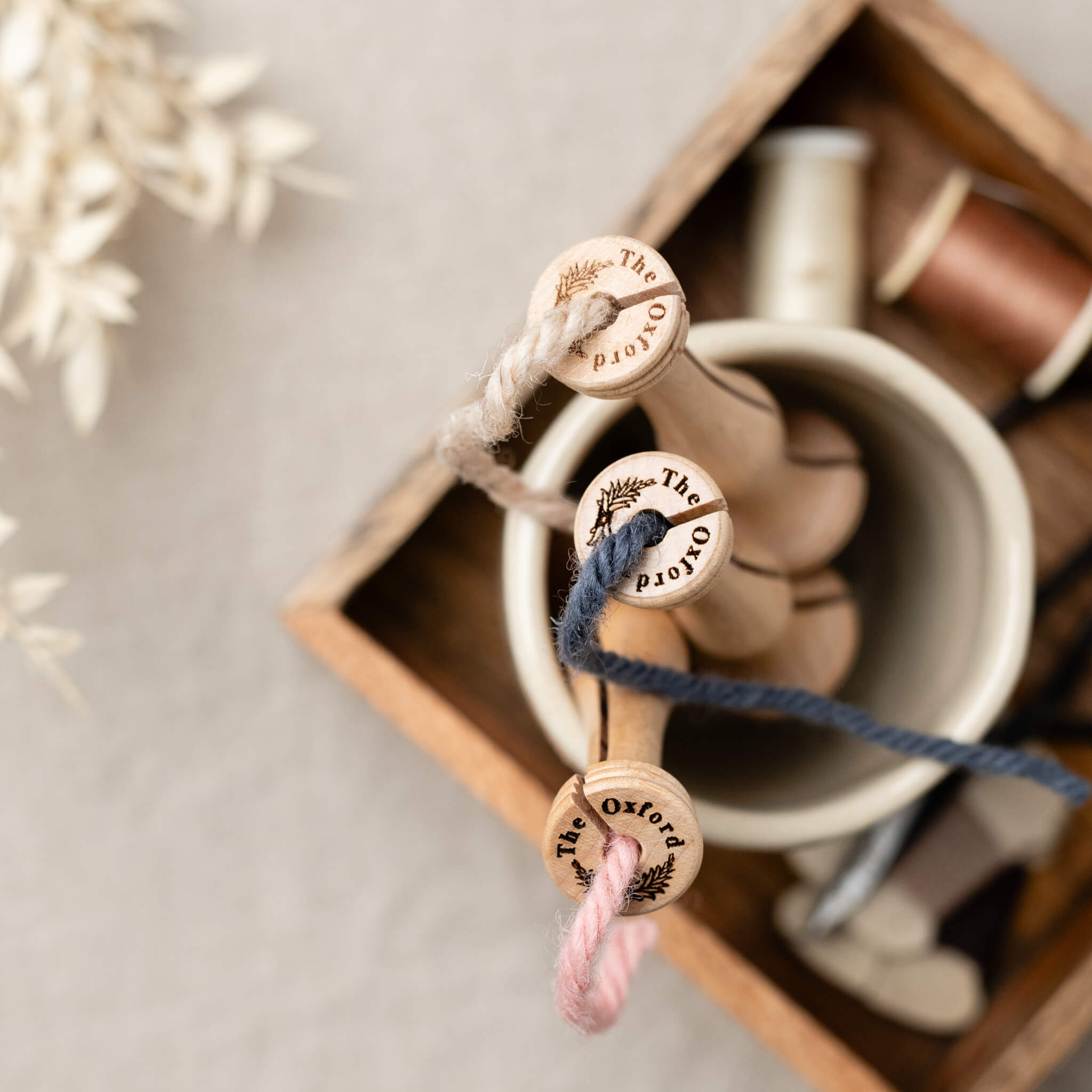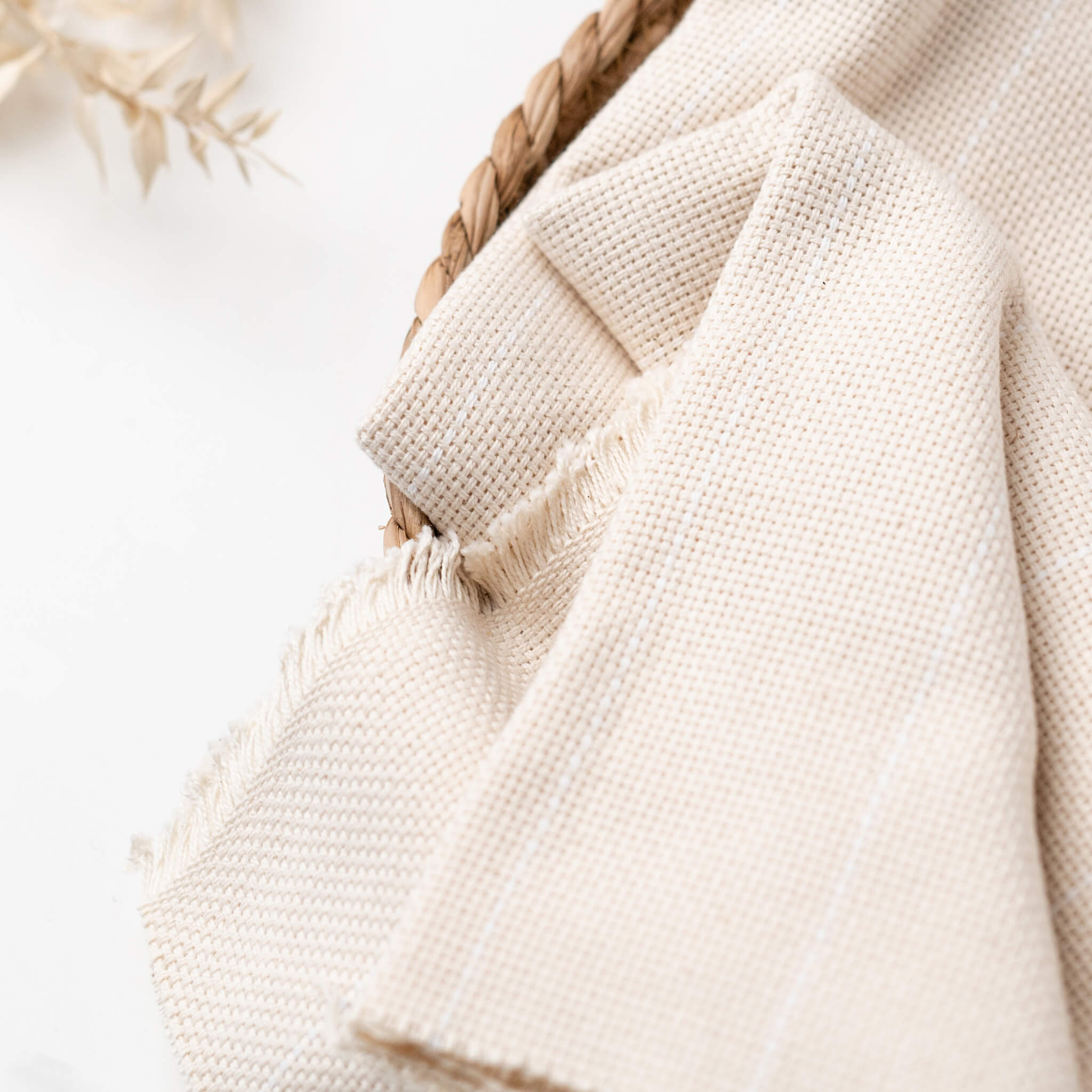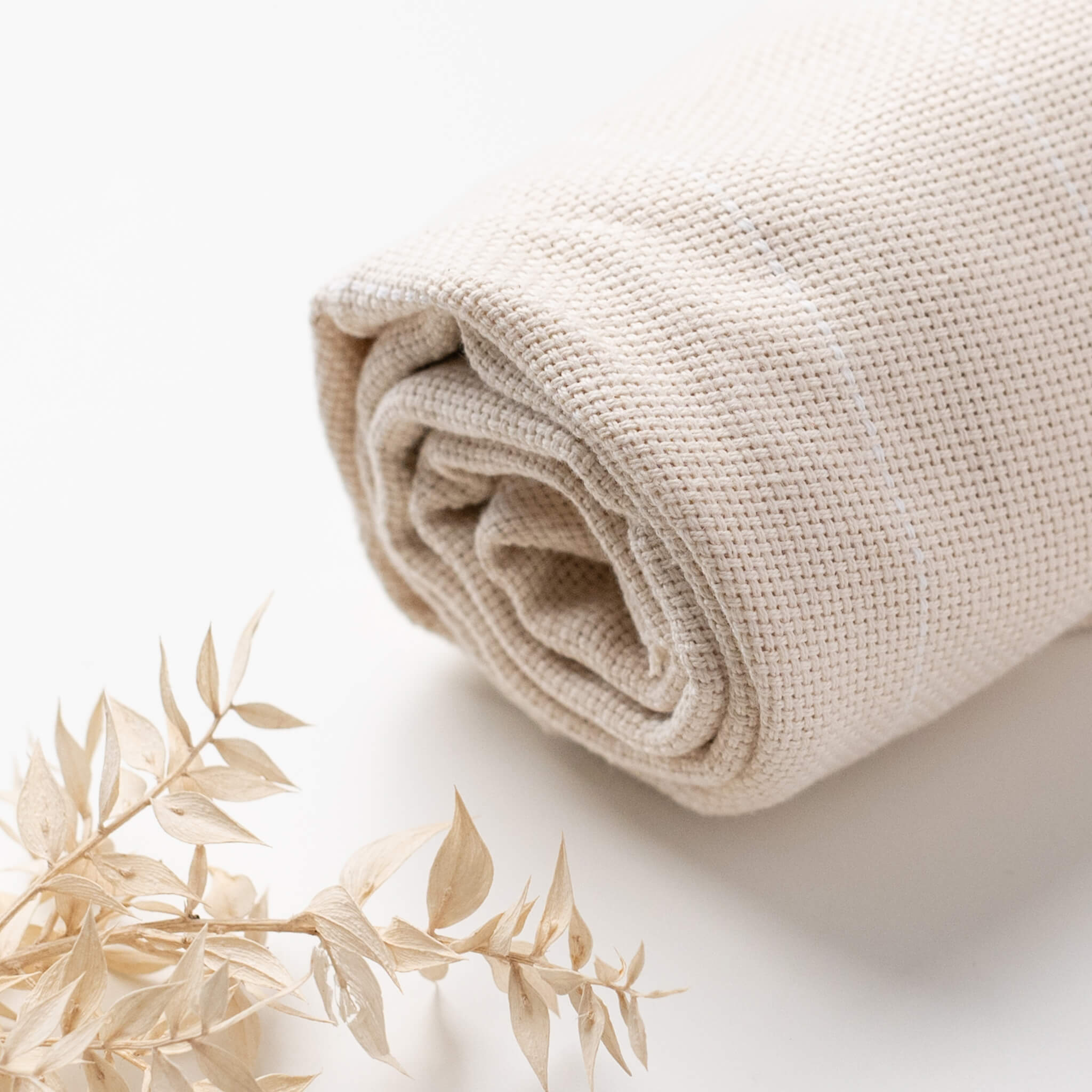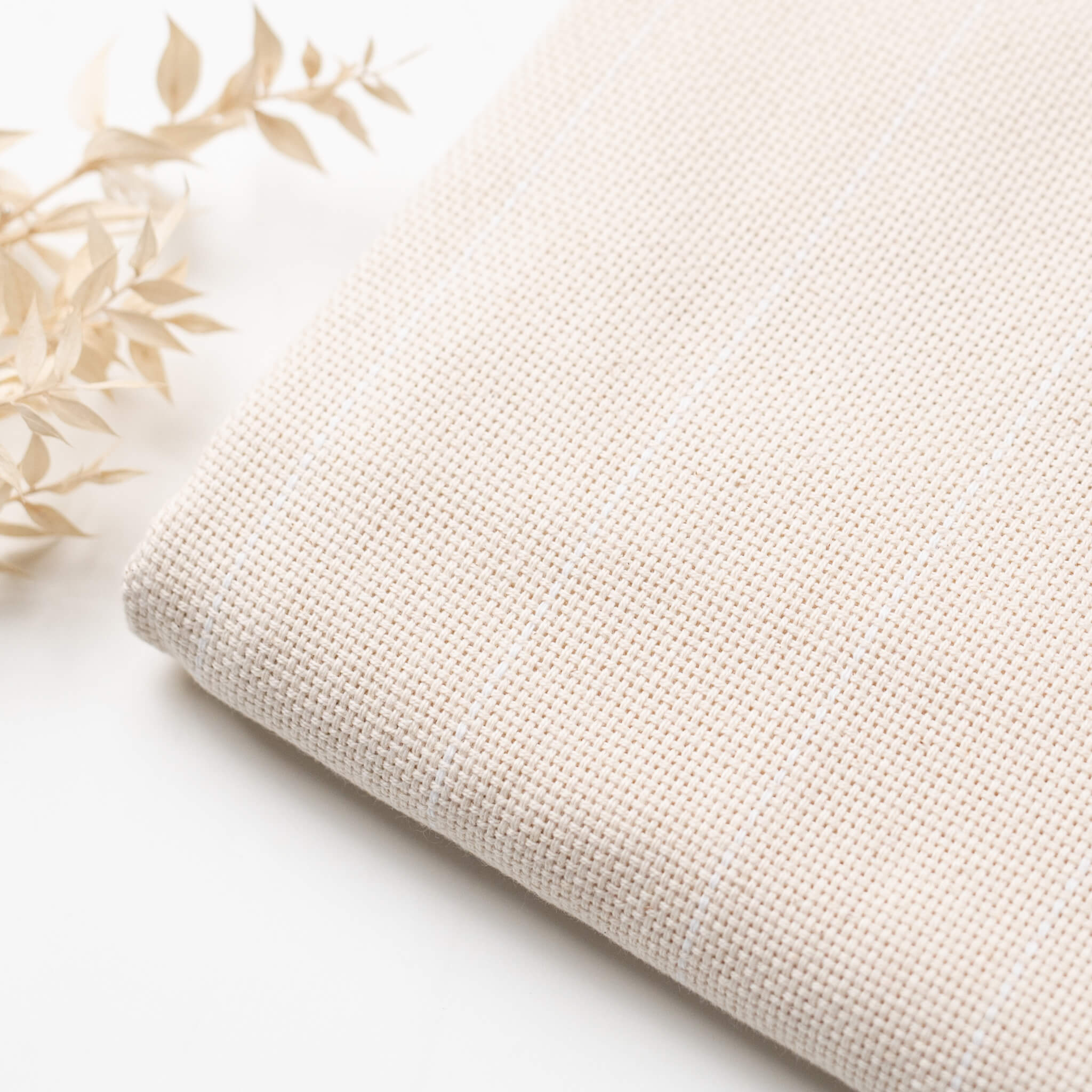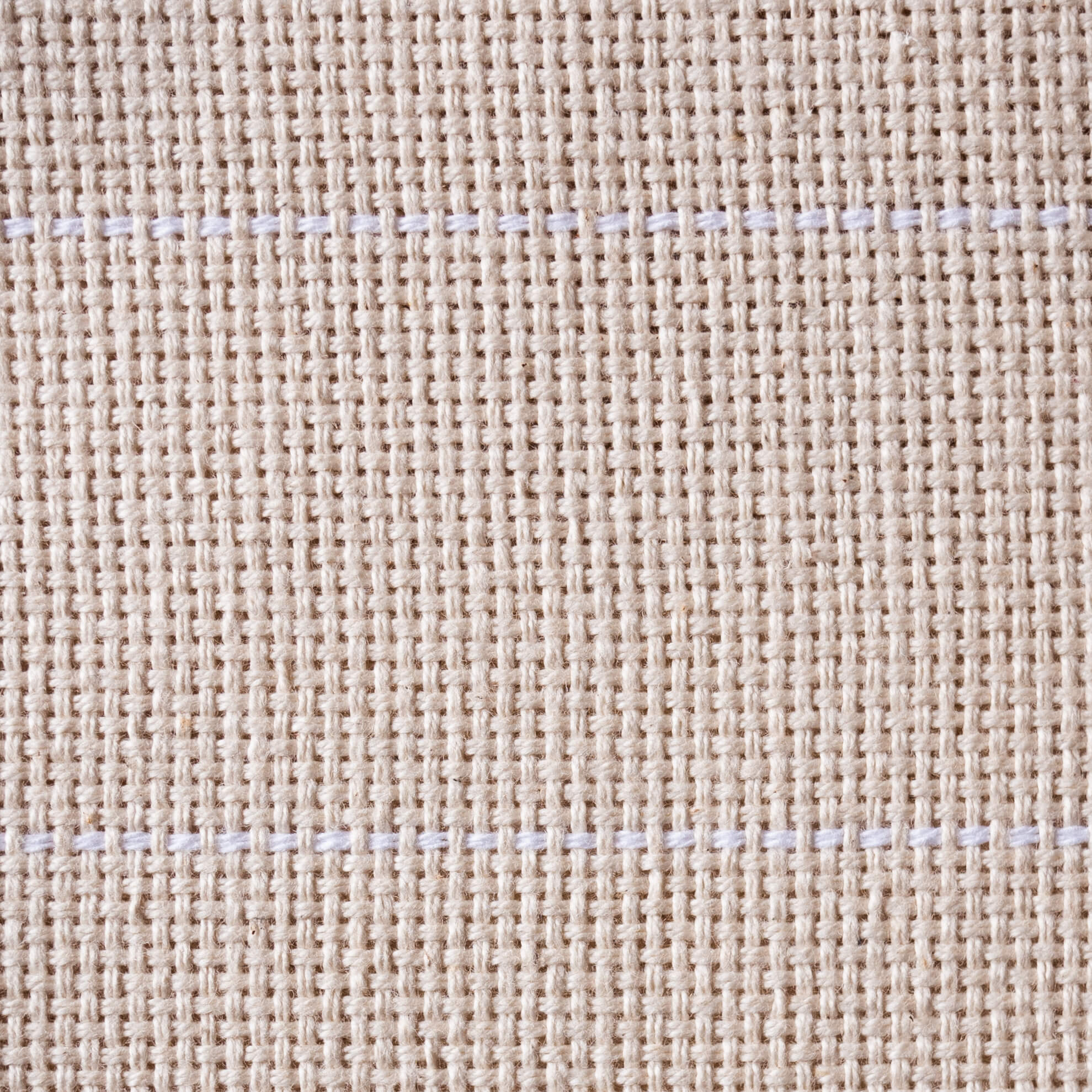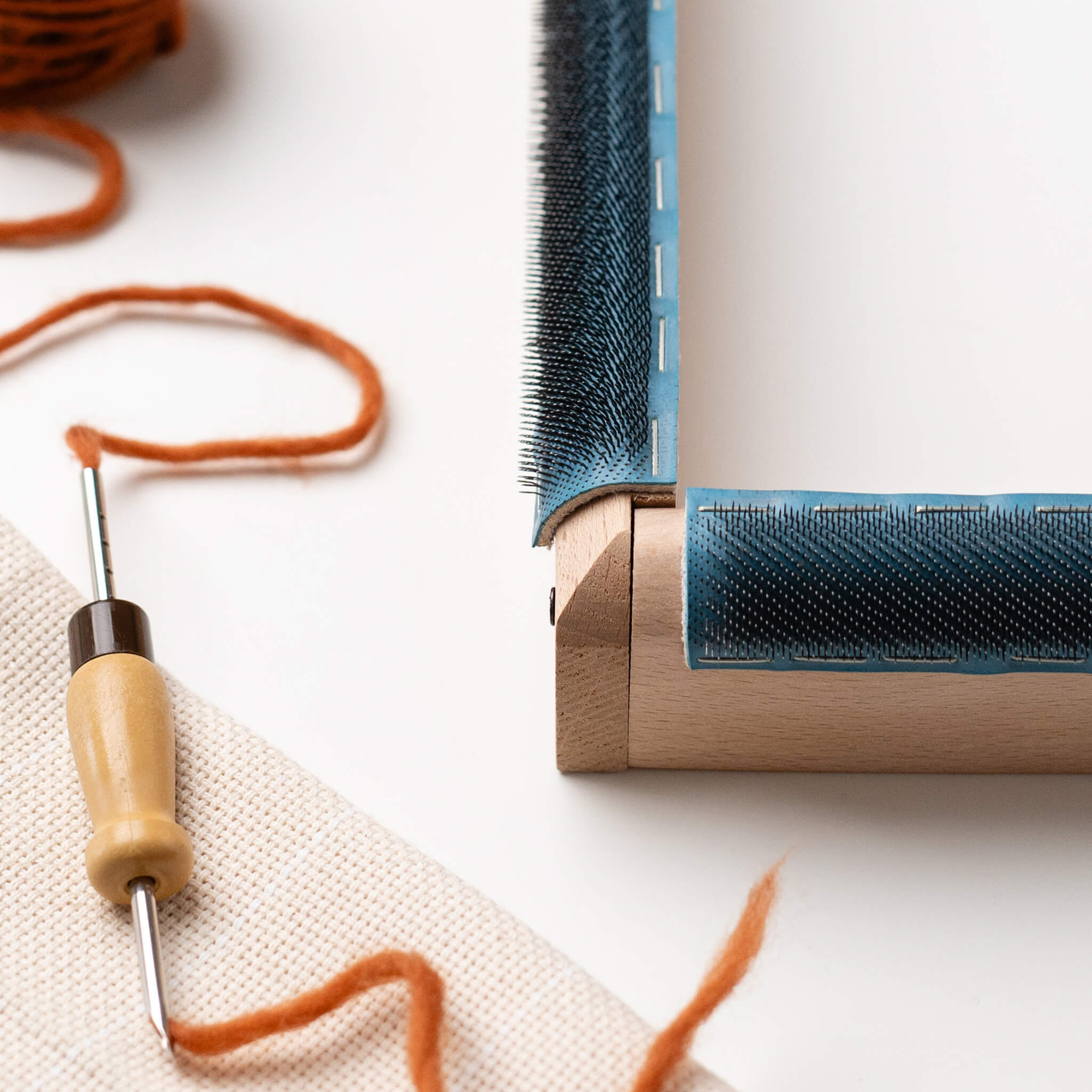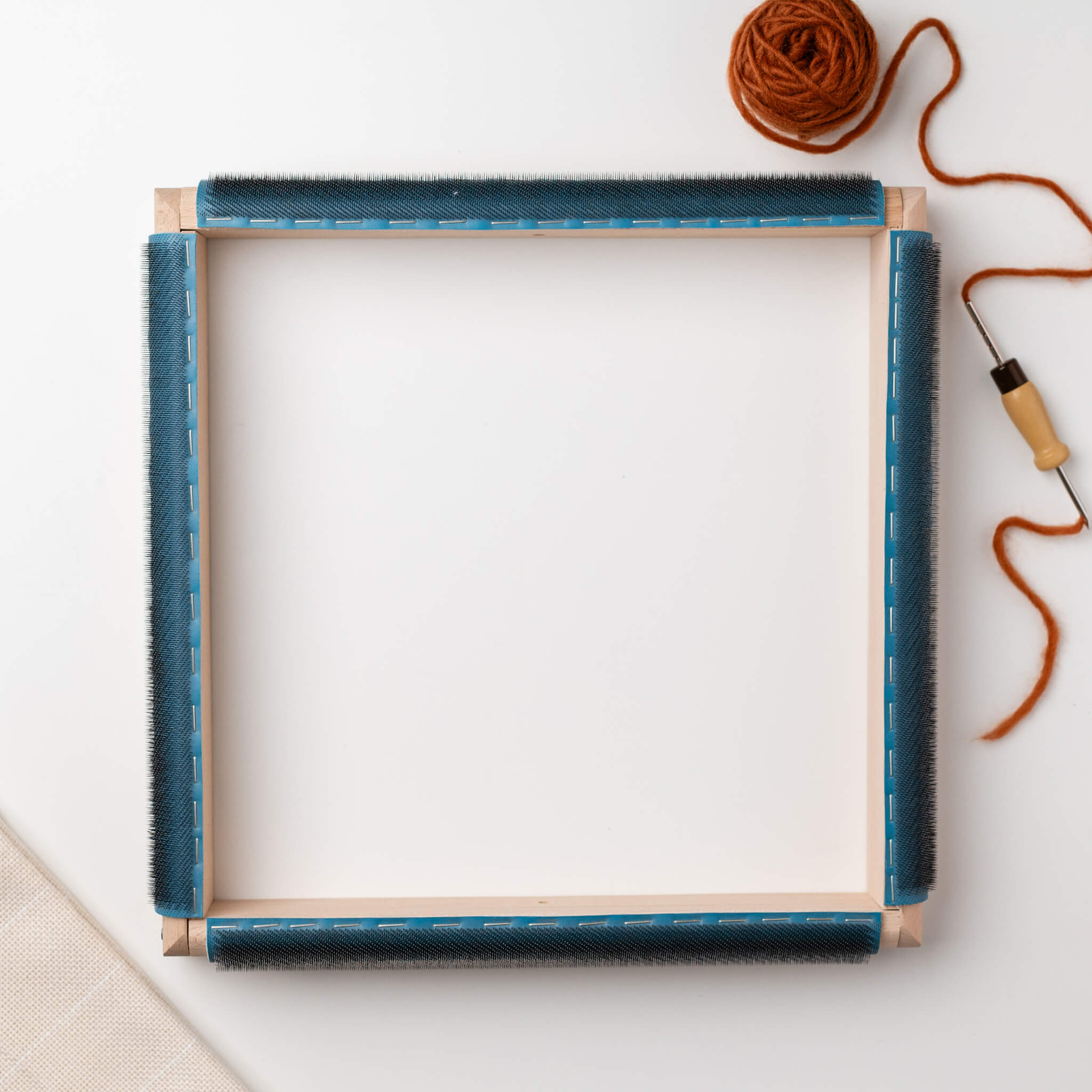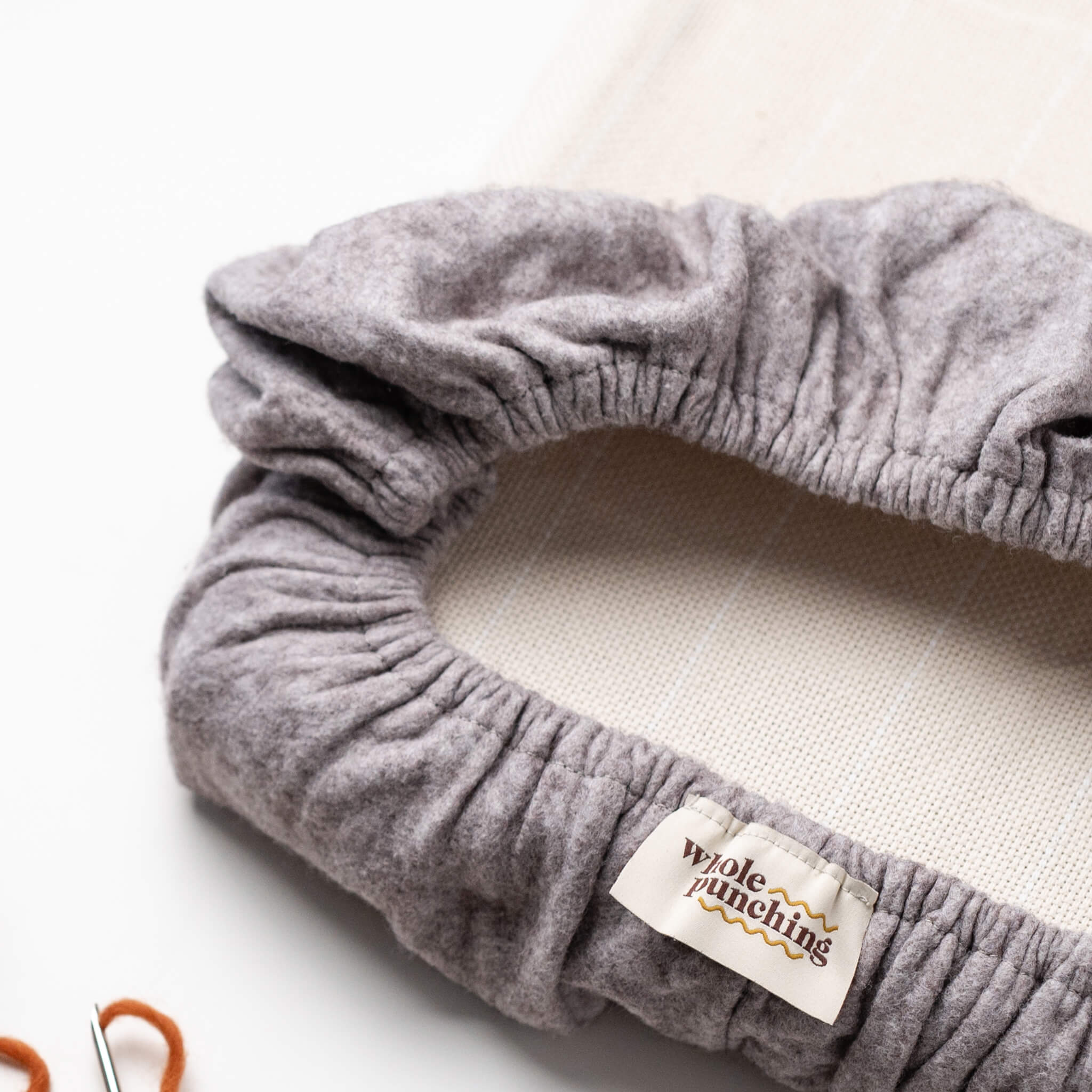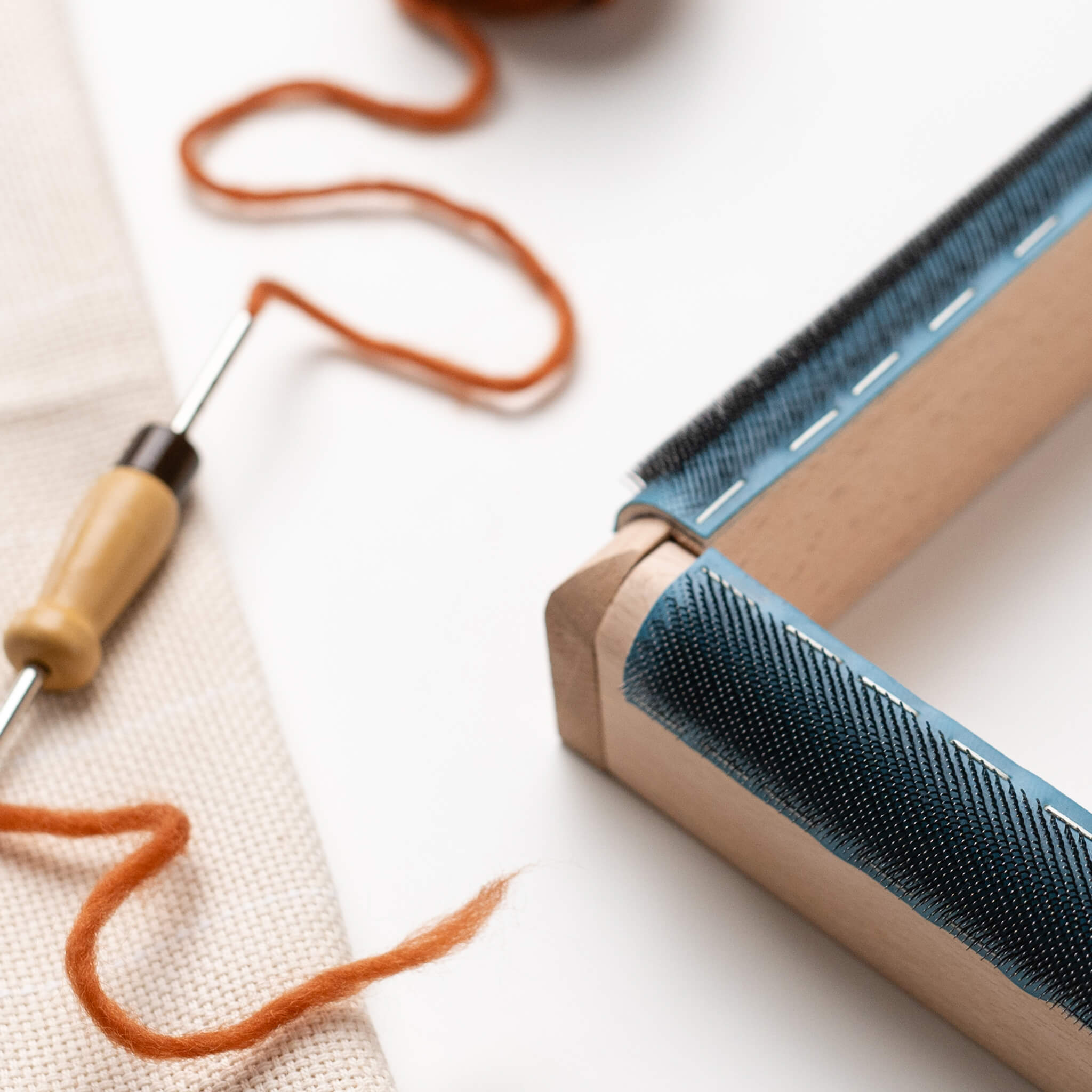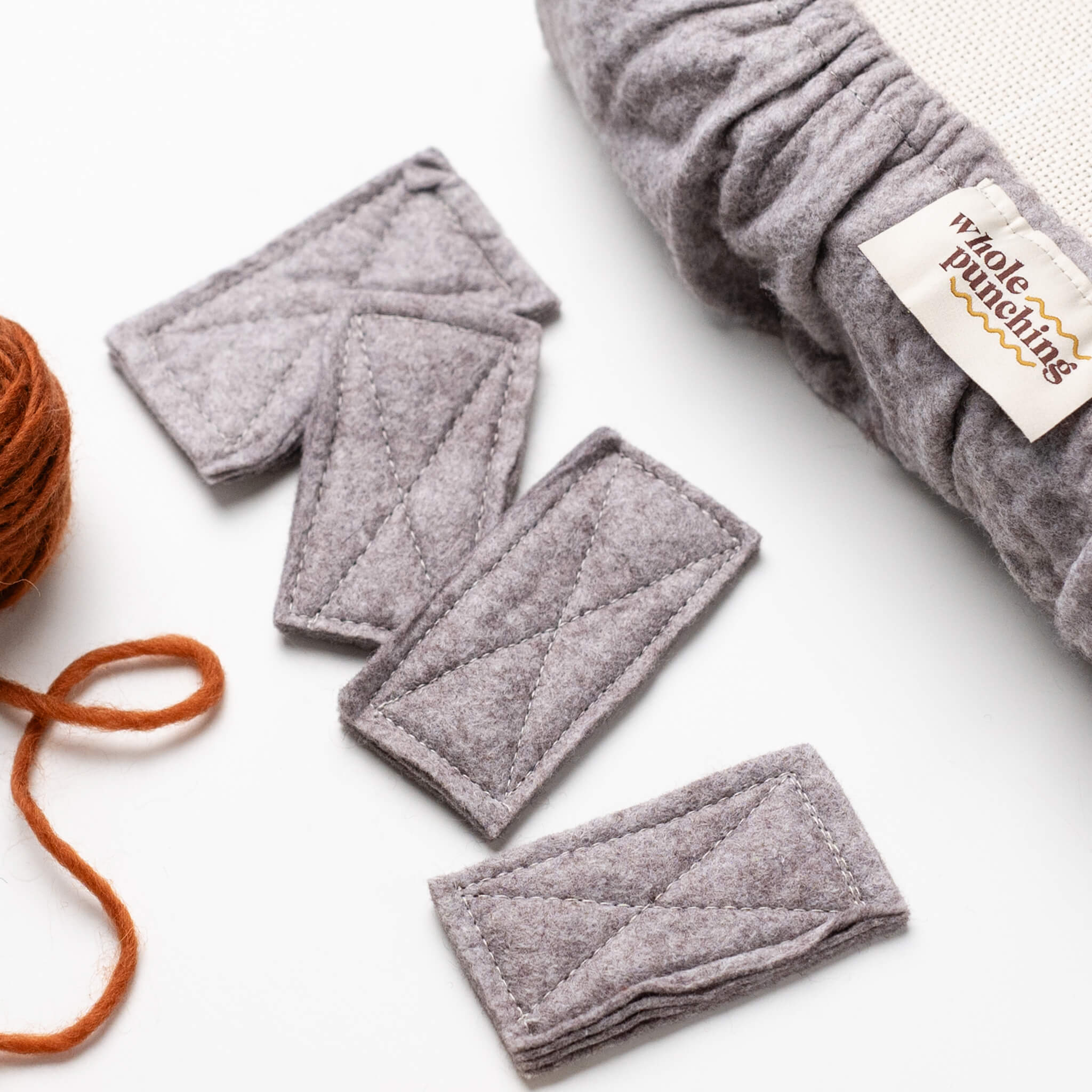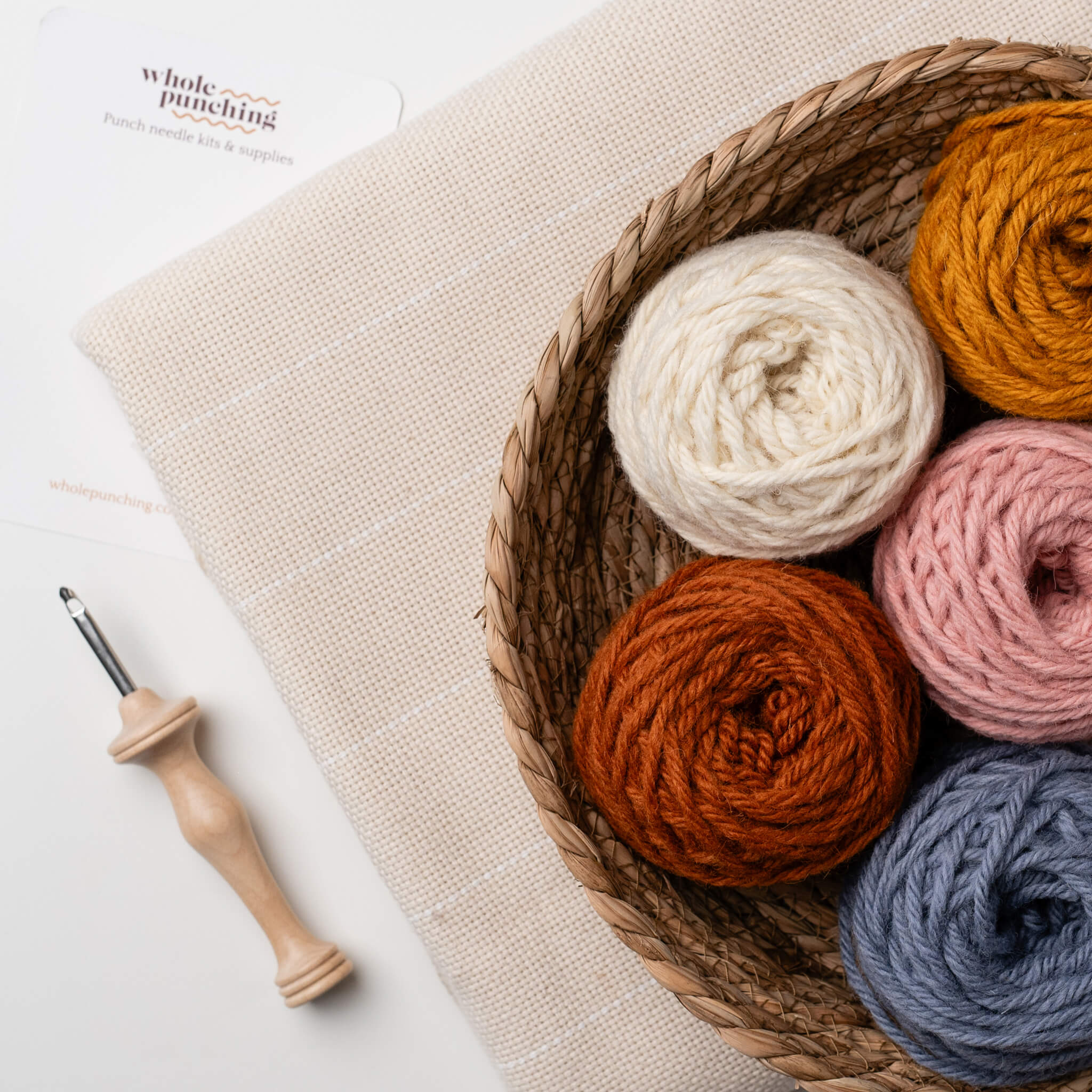One of the questions I get asked the most is: “What can I use instead of monks cloth?” It’s a really good question, especially if you’re just starting out with punch needle and don’t want to buy the wrong thing—or if monks cloth is tricky to get hold of where you live.
So, let’s have a little chat about it. I’ll give you a quick rundown of punch needle (in case you’re new here), explain why the fabric you use matters so much and then talk through some alternatives I’ve tried and tested.

A quick introduction to punch needle
Punch needle is one of those crafts that’s wonderfully simple but endlessly creative. All you really need to get going are:
- a punch needle tool
- some yarn
- fabric to punch into, and
- a hoop or frame to keep your fabric nice and tight.
Once you’ve got those, you’re away. The act of punching is really soothing; it’s repetitive in the best way and you see your design build up really quickly. That’s what first drew me in and what keeps me hooked (no pun intended!).

What Whole Punching is all about
Whole Punching started because I wanted to make punch needle as accessible as possible. I stock fabrics, yarns, tools and full kits so you don’t have to spend hours hunting down the right combination of supplies. I also run courses and share tips so that whether you’re on your very first piece or your fiftieth, you feel supported.
Think of it as a one-stop shop for punch needle fun.
Why fabric matters so much
Your fabric is basically the foundation of your project. The weave has to be loose enough for your needle to glide through but strong enough to hold the loops in place. Too tight and you’ll struggle to punch, too loose and your loops won’t stay put.
Here are the main ones you’ll come across:
- Monks Cloth – The classic. Loose, even weave, cotton and generally with handy guidelines woven in. Perfect for beginners because it’s forgiving if you make a mistake and need to frog (pull out) your work.
- Linen – Similar to monks cloth in feel, but it doesn’t usually have guidelines and you can’t frog (unpicking stitches) quite as many times without damaging it. Still really lovely to work with though.
- Weavers Cloth – A tighter fabric that’s brilliant for finer punch needles and embroidery floss. If you’re making small, detailed pieces, this is your friend.

So what if I don't have monks cloth?
Okay, onto the good stuff. If you can’t get monks cloth, don’t panic, there are definitely other options.
1. Loose weave linen
This is my number one recommendation if you want something close to monks cloth. It punches really nicely and gives your piece a lovely, natural texture. The only thing is, you’ll want to be confident with your design before you start as it doesn’t love being frogged again and again. Linen does vary from place to place so it's good to test a piece out before you start on your main project.
2. Weavers Cloth
If you’re working small-scale say with embroidery floss, then weavers cloth is ideal. It’s tighter than monks cloth, so you’ll need a finer needle, but it holds little stitches beautifully. Not exactly a substitute as you'll need to use different materials alongside it, but a good punch needle foundation fabric. We don't tend to have weavers cloth here in the UK so I've found a cotton mix alternative.
3. Rug warp, primitive linen, or strong cotton
These pop up in the punch needle world too. Some people use rug warp (often for bigger rug projects) or primitive linen. Even tightly woven cottons can work, as long as you check that your needle and yarn are a good match. My advice? Always test on a small patch first so you know it’ll hold your loops.
Handy fabric comparison
|
Fabric |
Best for |
Things to watch out for |
|
Monks Cloth |
Beginners, rugs, cushions |
Harder to find in some places |
|
Loose weave linen |
Wall hangings, decorative pieces |
Doesn’t frog well, no guidelines |
|
Weavers Cloth |
Small detailed work with floss |
Needs fine needle |
|
Rug warp / primitive linen / cotton |
Larger rugs or experiments |
Test first for weave + strength |
My final thoughts
If you’re just starting out I always recommend monks cloth. It’s forgiving, sturdy, and makes the whole process easier while you’re learning. But honestly? If it’s not available, don’t let that hold you back. Linen is a great substitute and there’s nothing wrong with experimenting a little to see what feels good to you.
At the end of the day, punch needle should be fun. It’s not about having the “perfect” fabric it’s about finding joy in the making. So grab what you can, test it out and see how you get on.
And if you need a little extra guidance, or you’re not sure where to start, you’ll always find everything you need (and me cheering you on) at Whole Punching.
Happy punching,
Sara 💛

